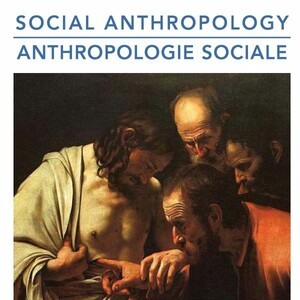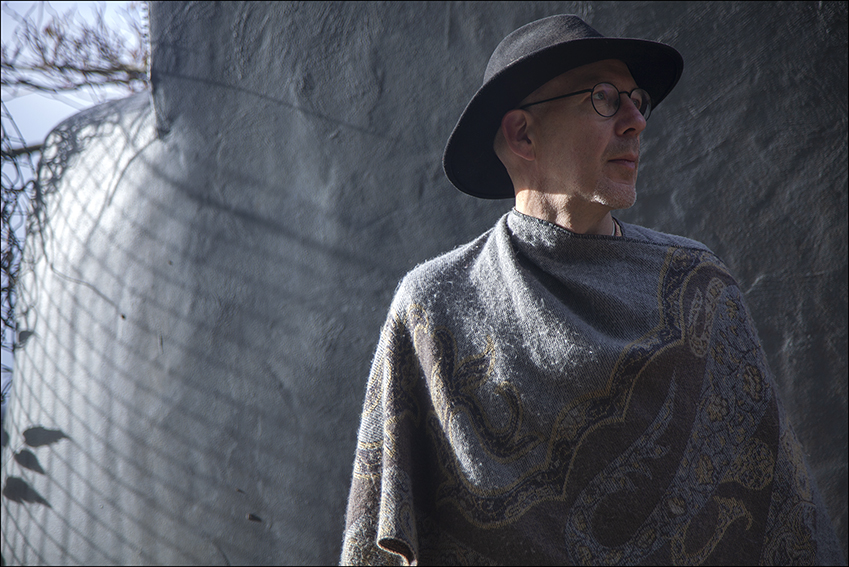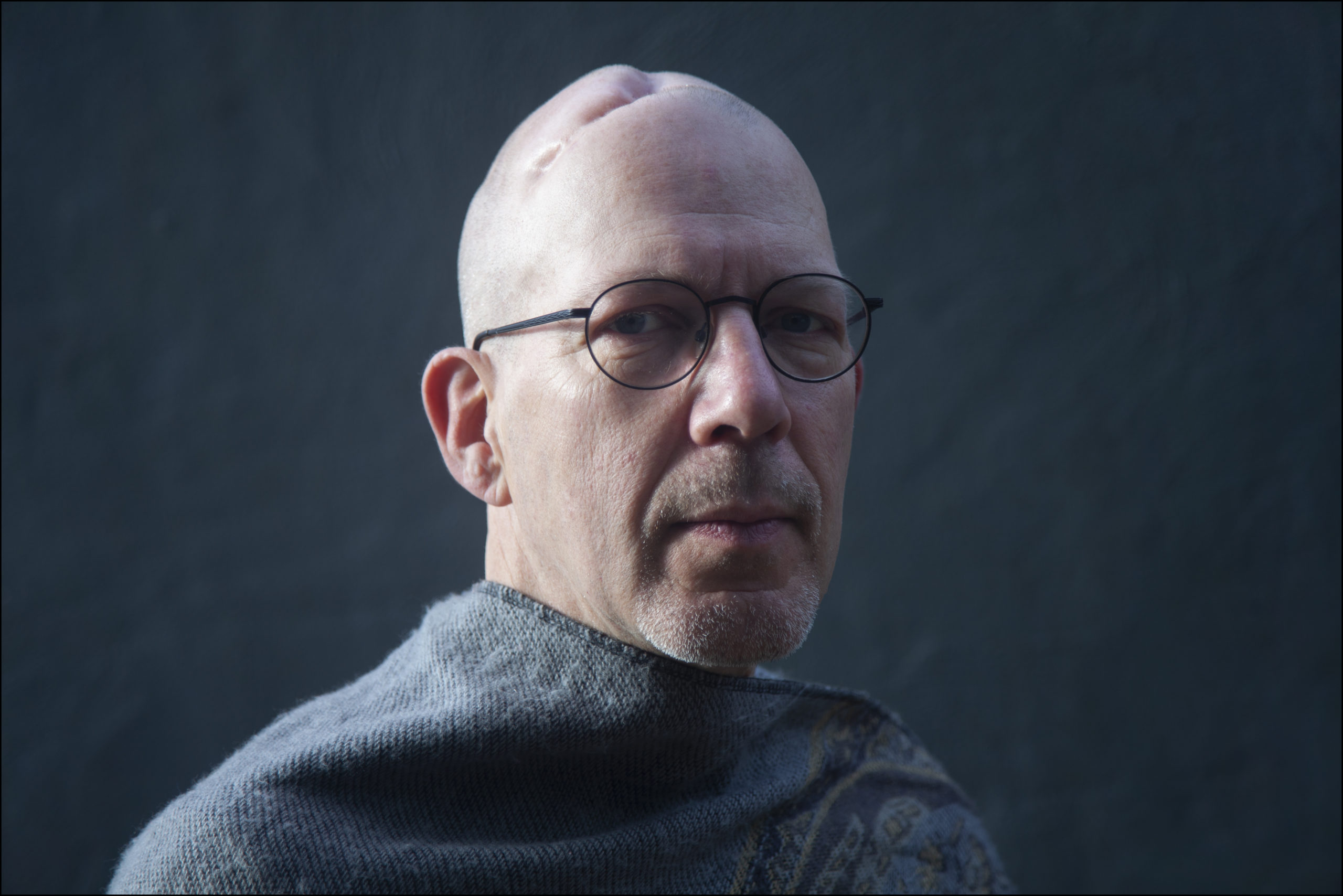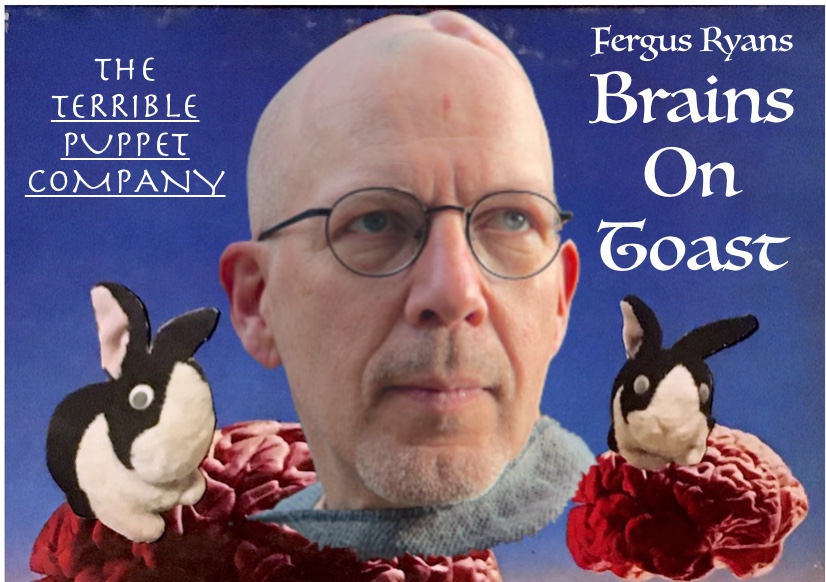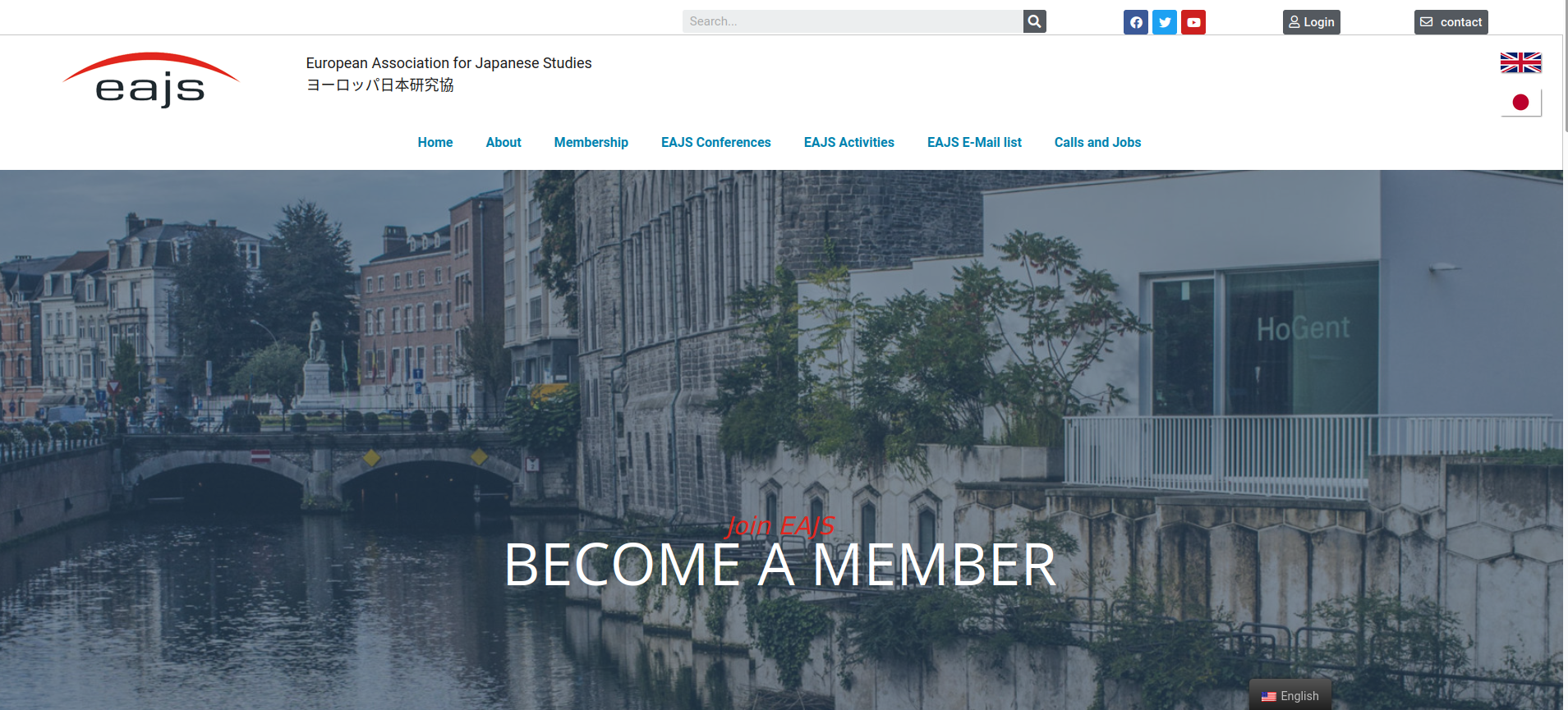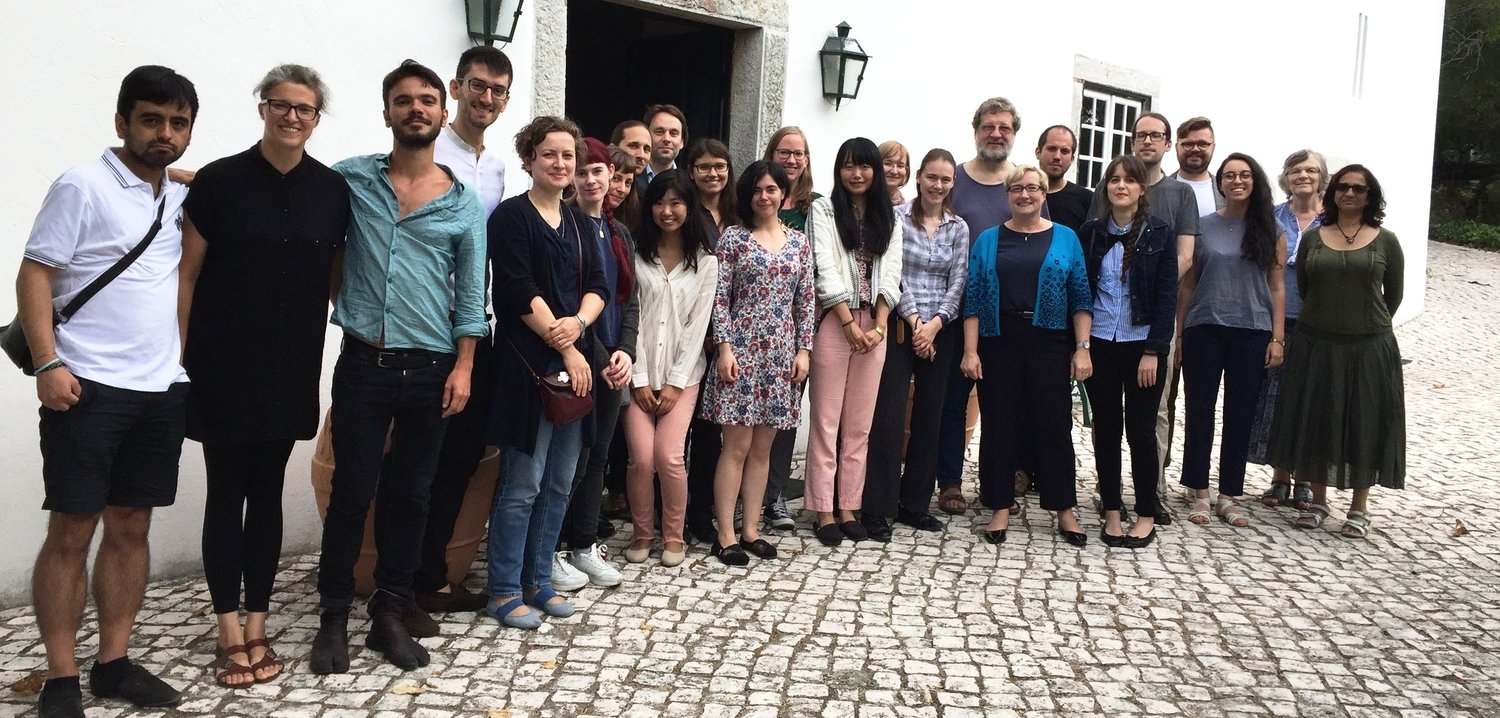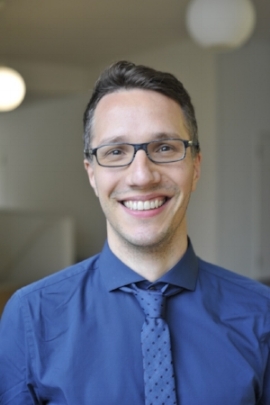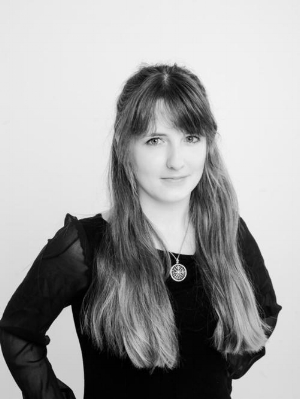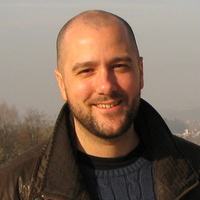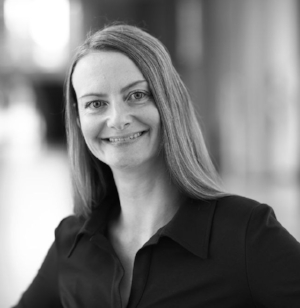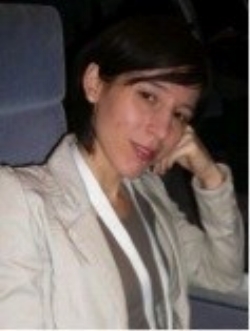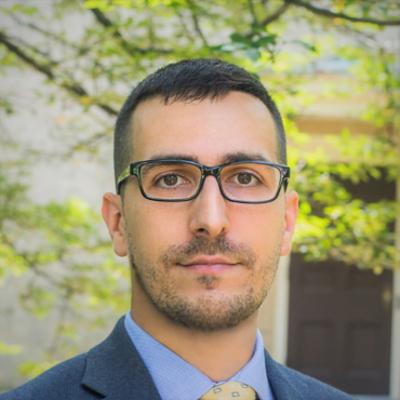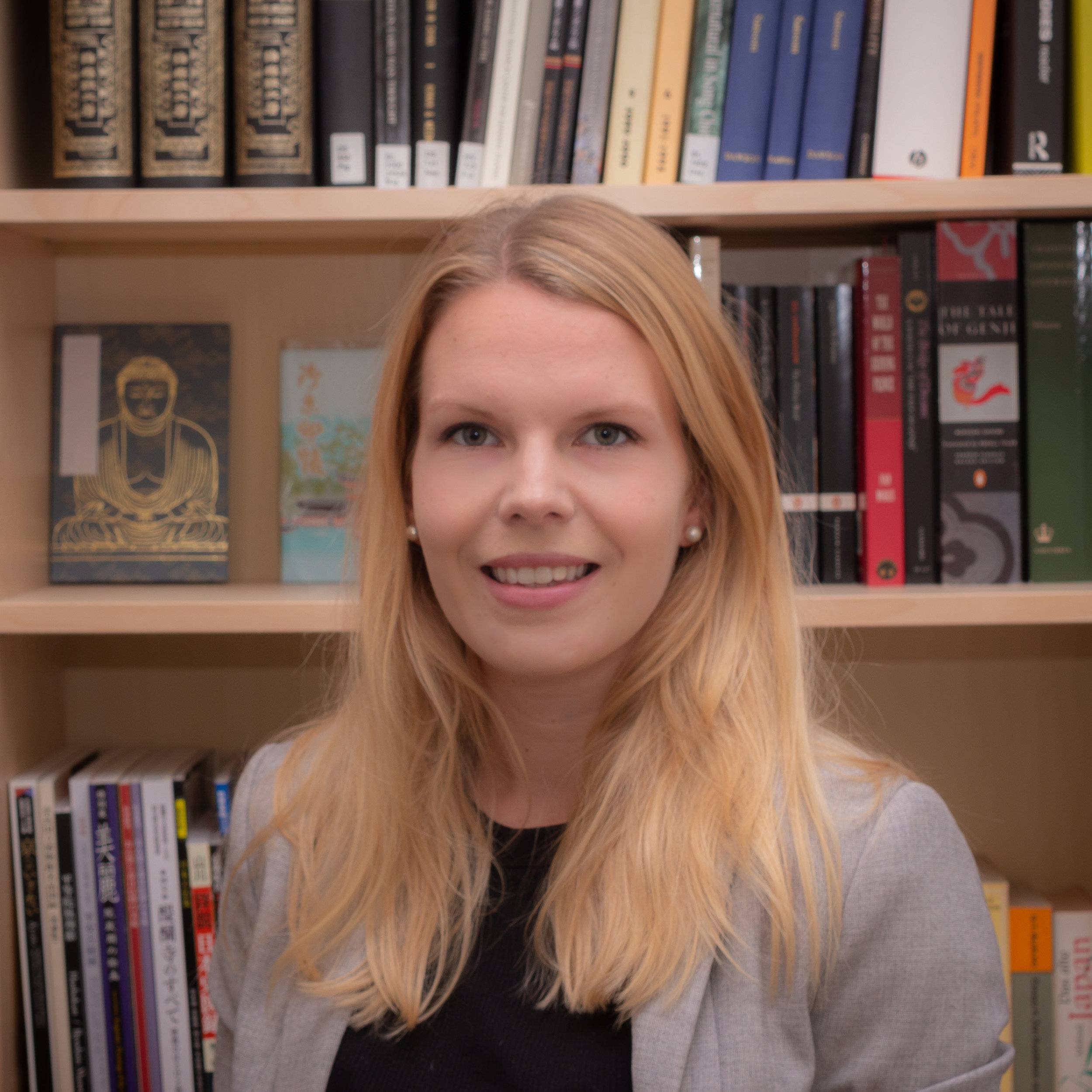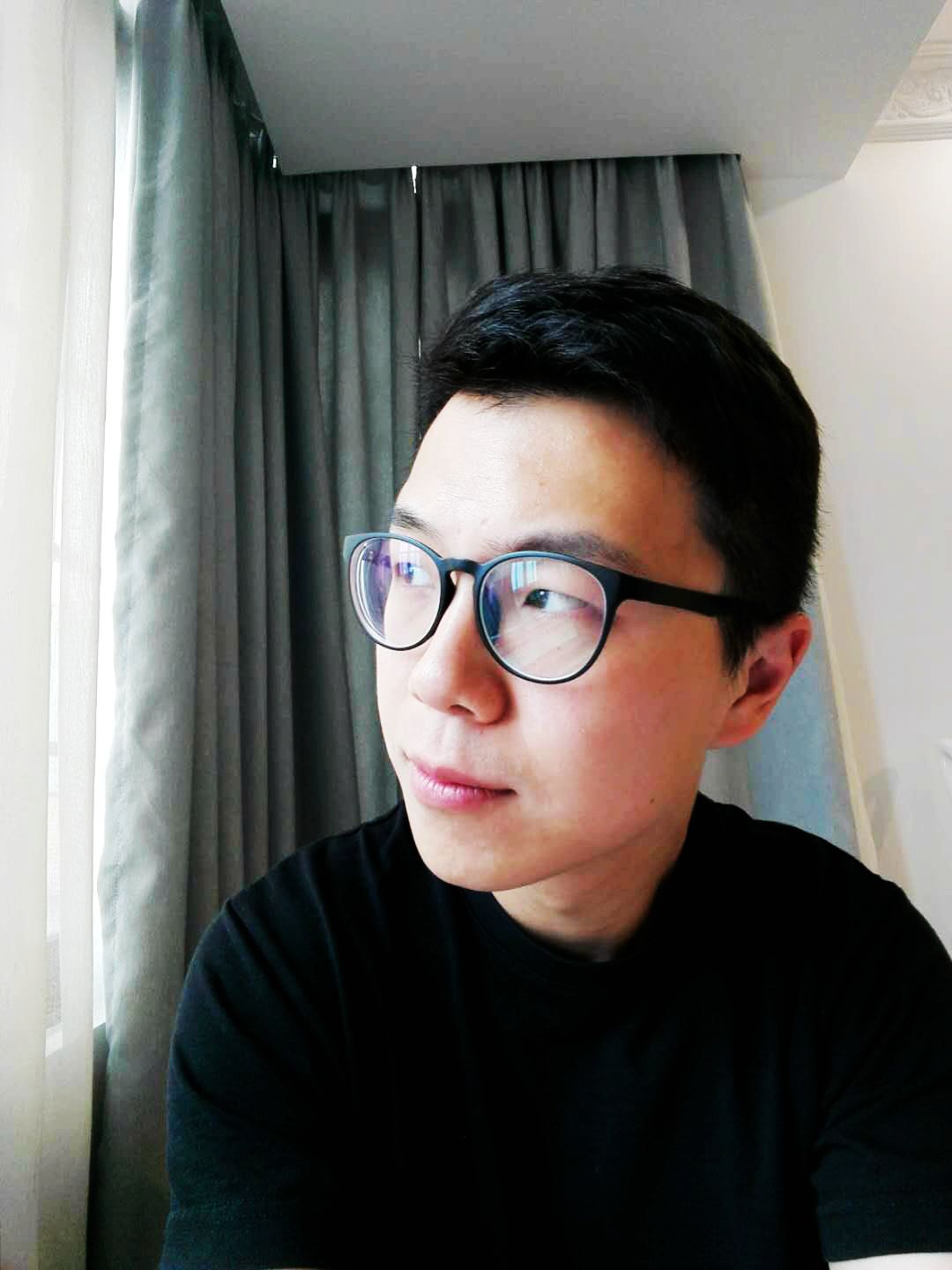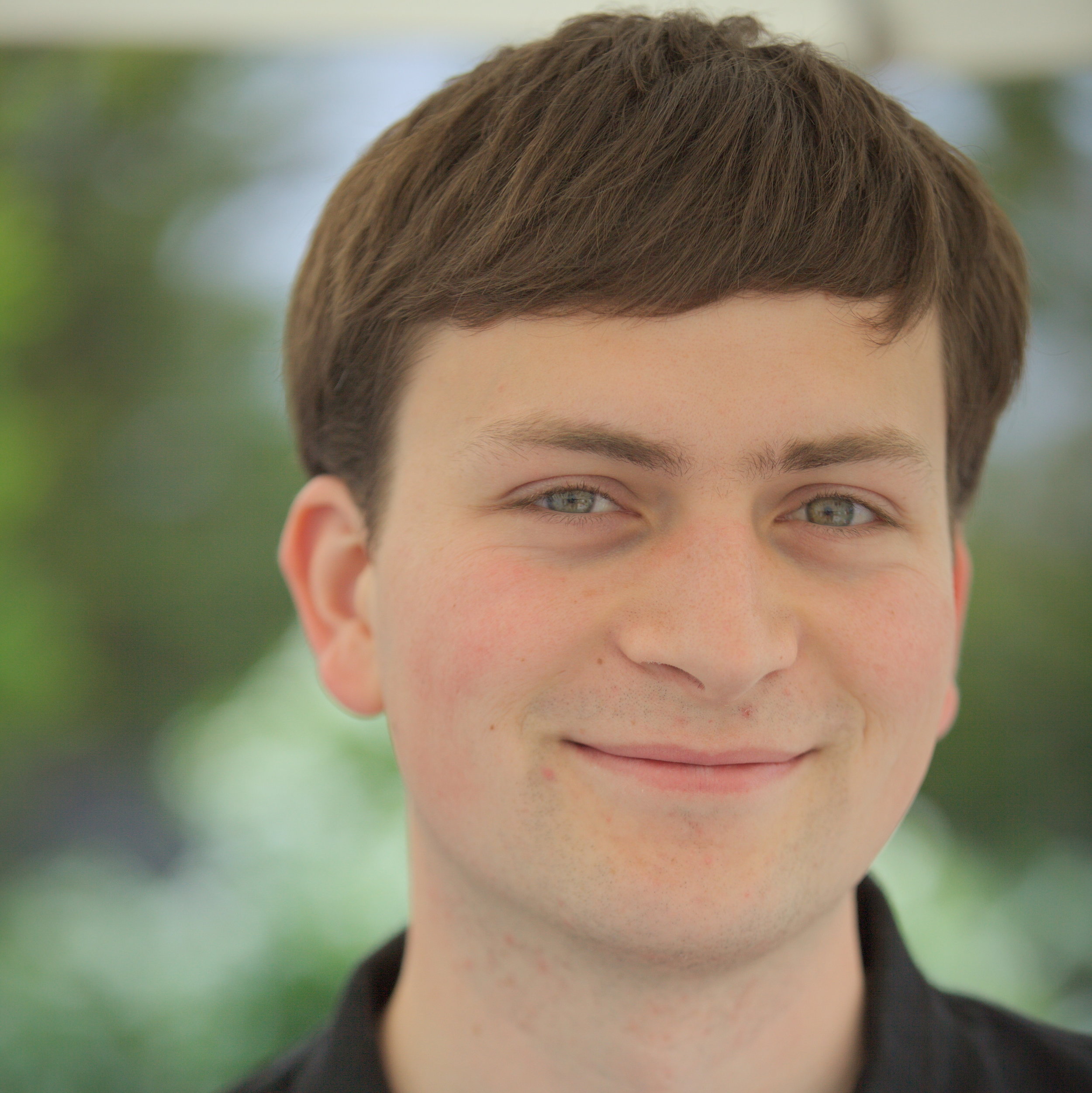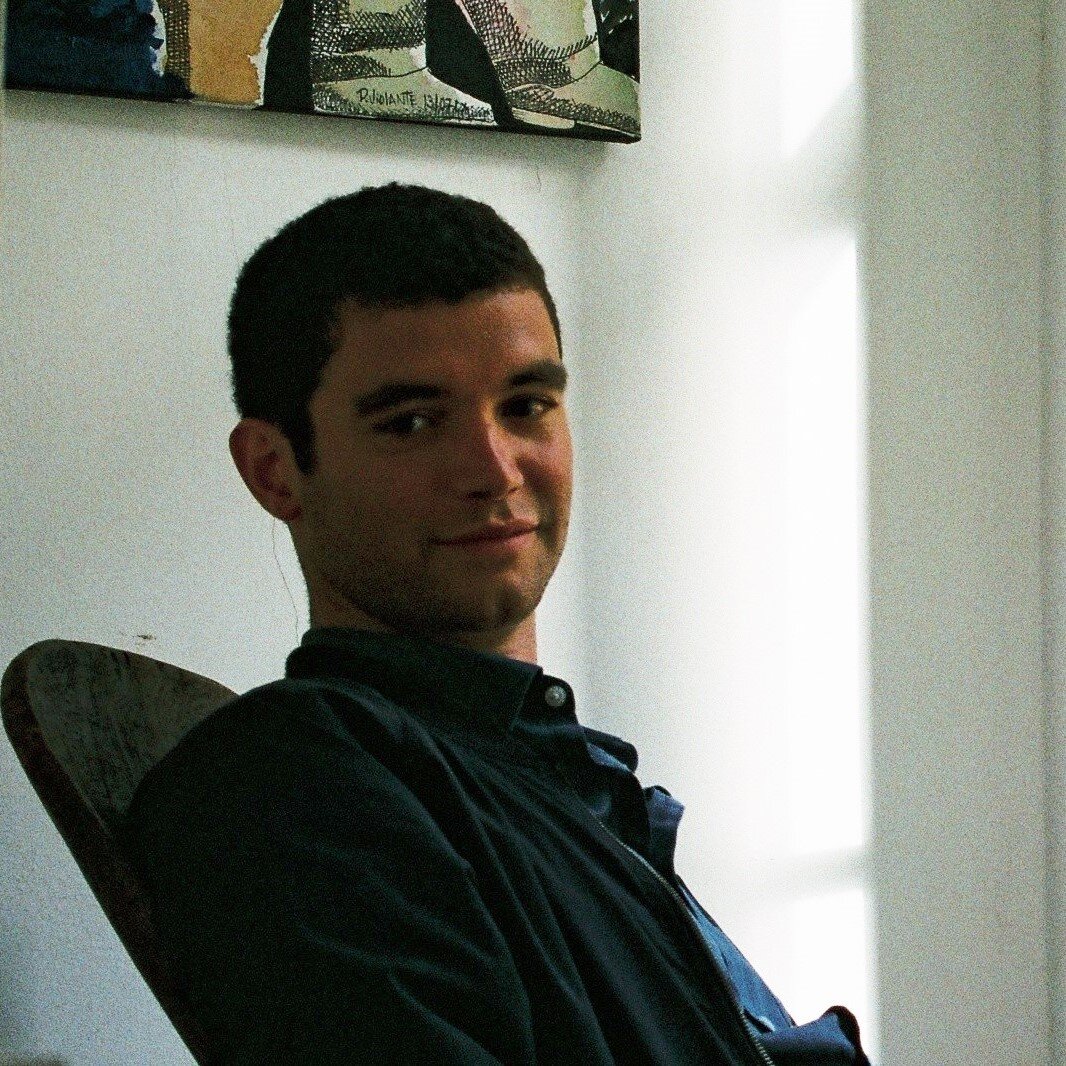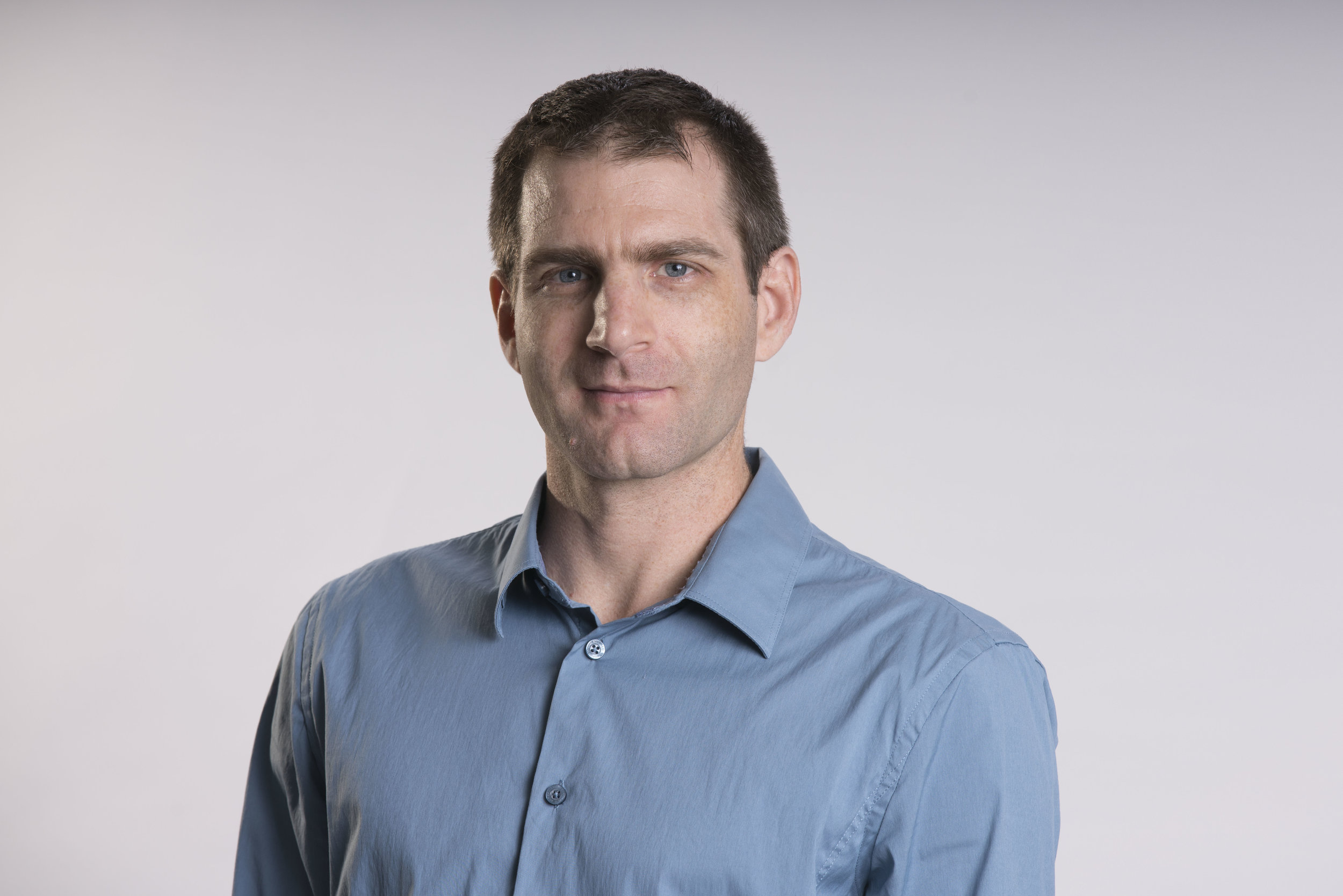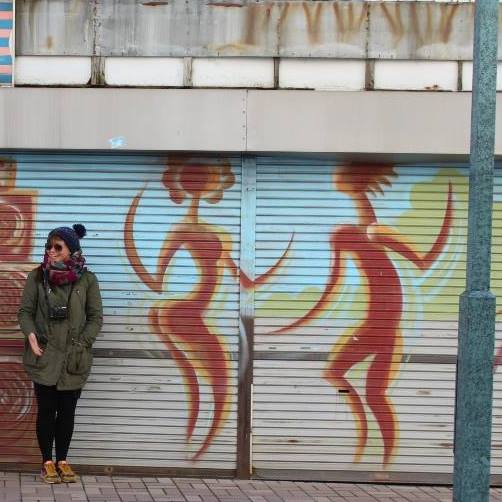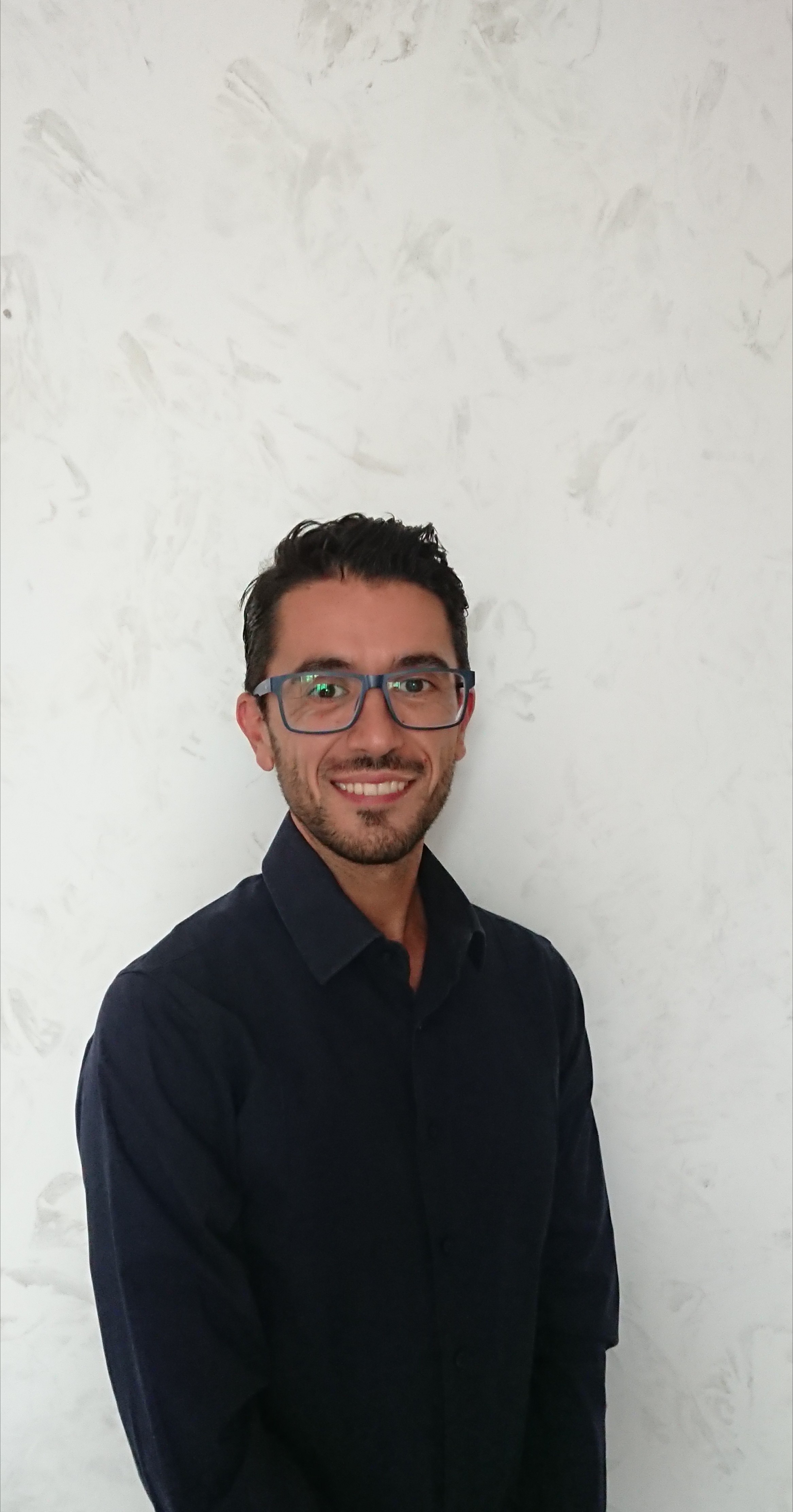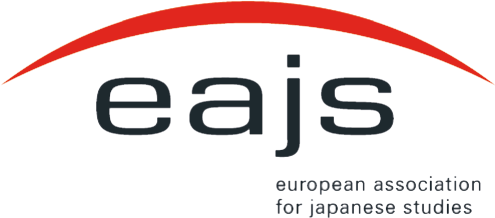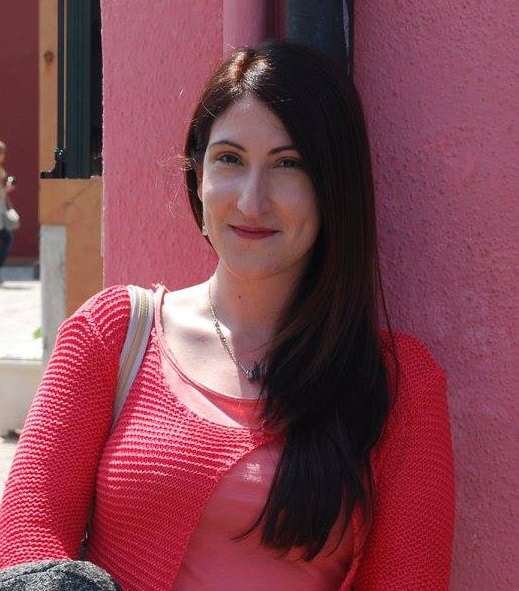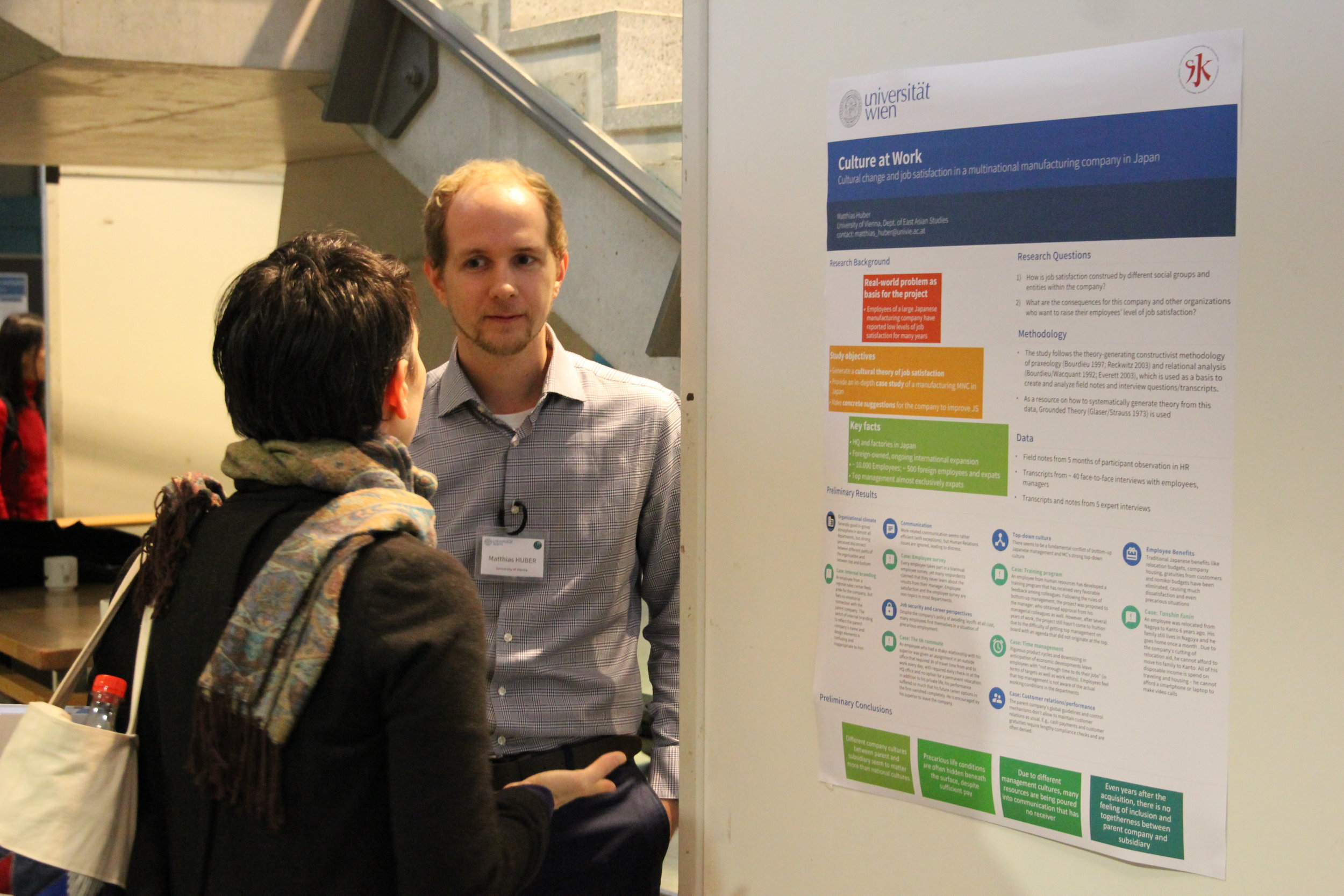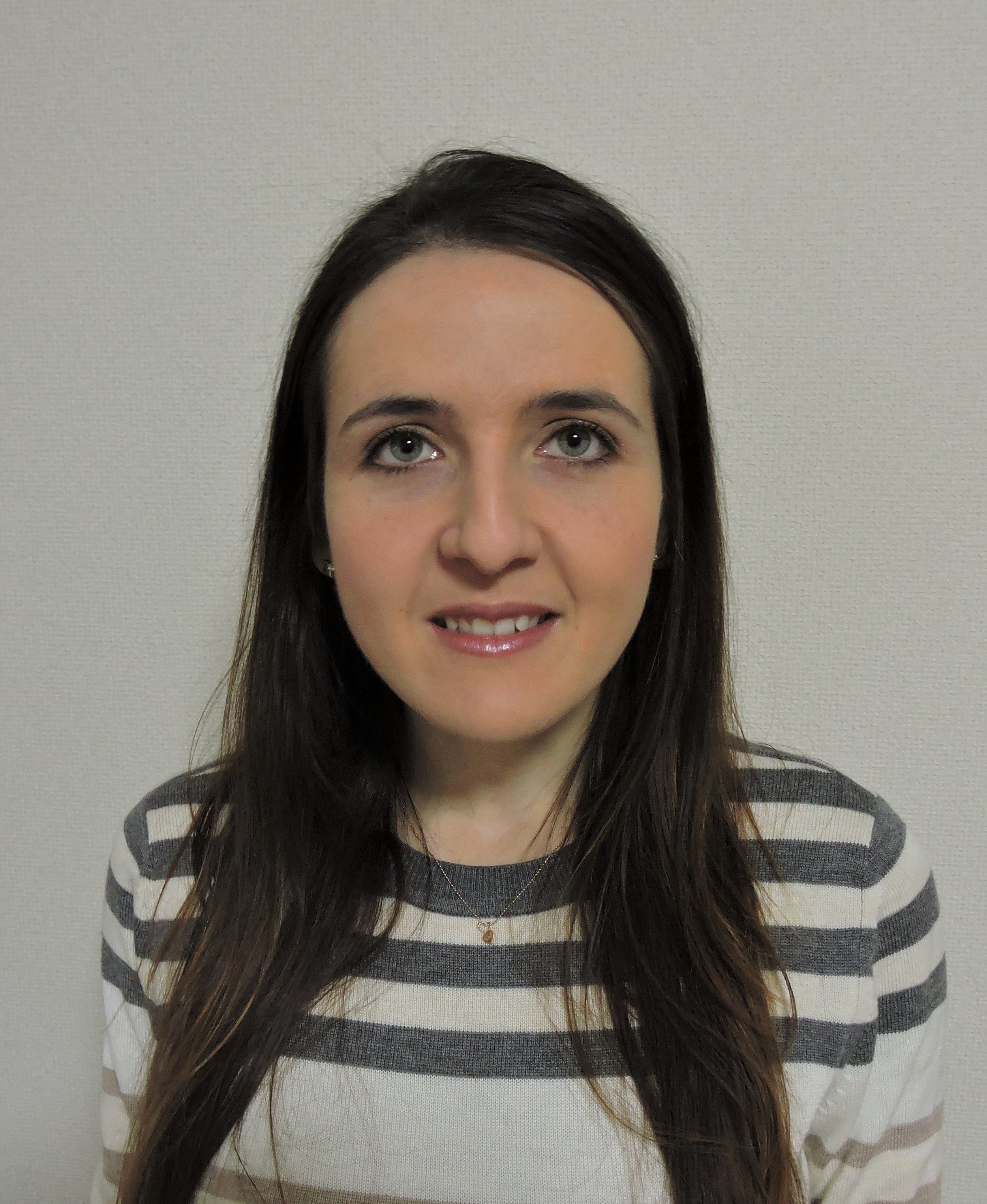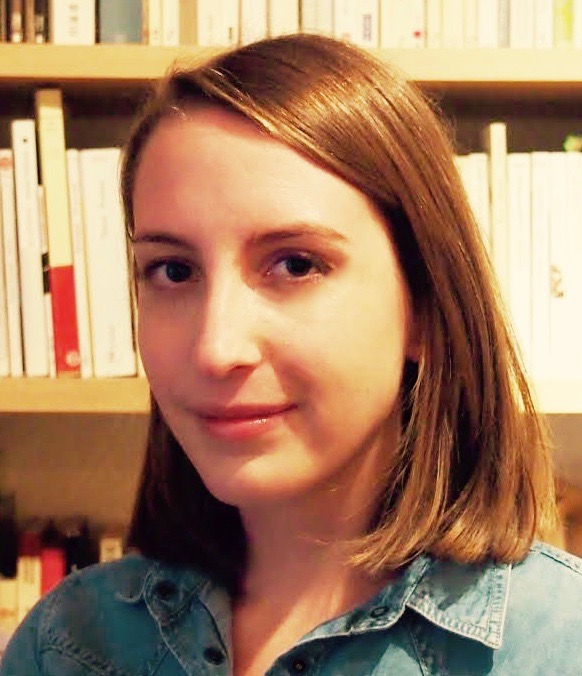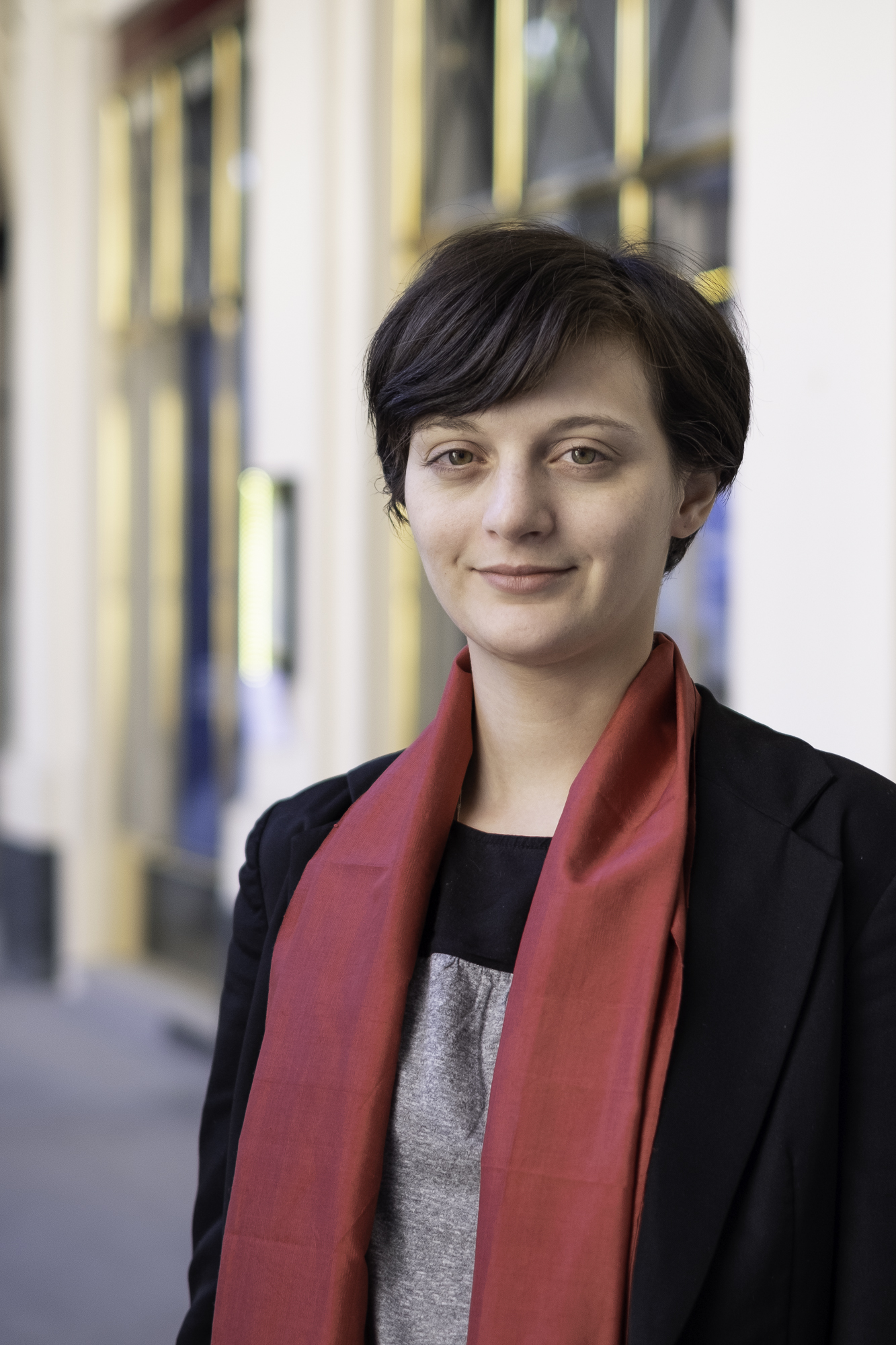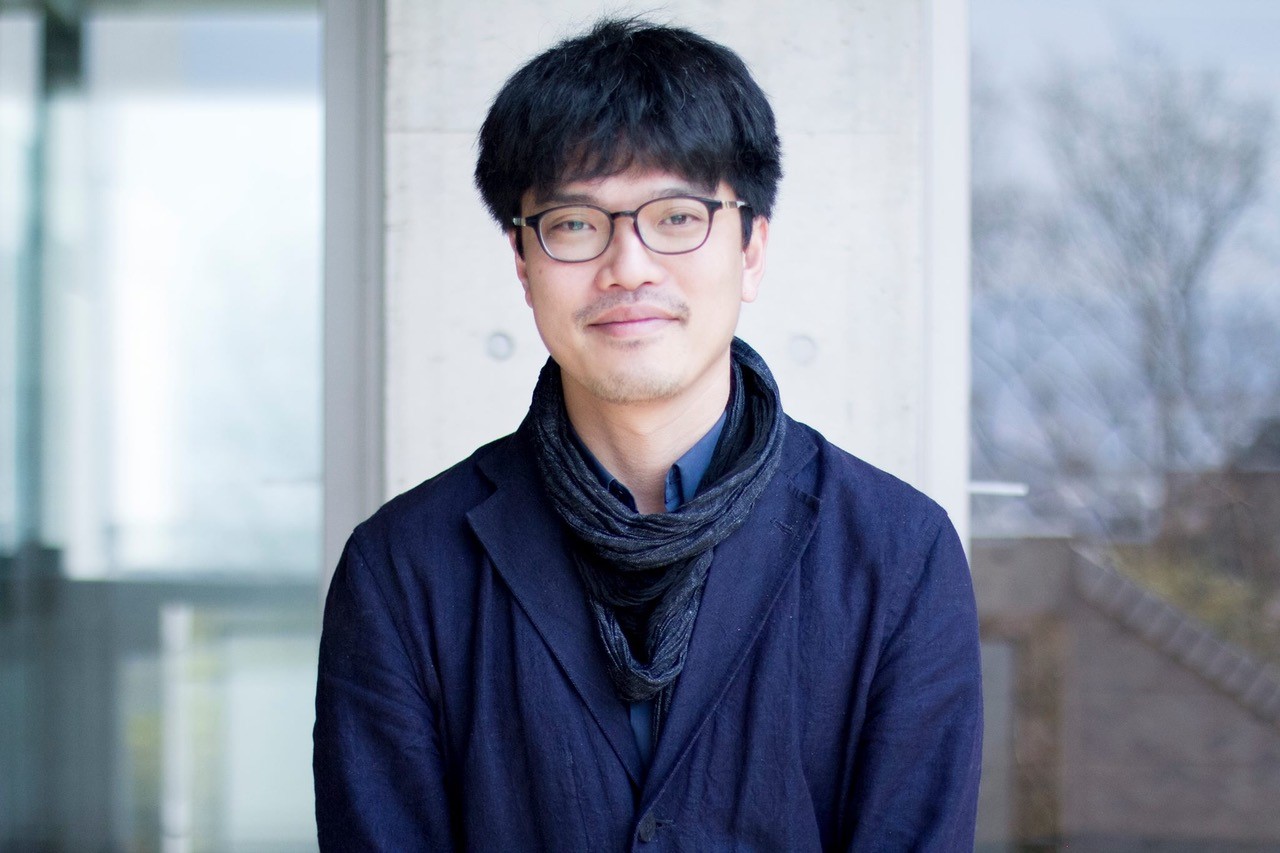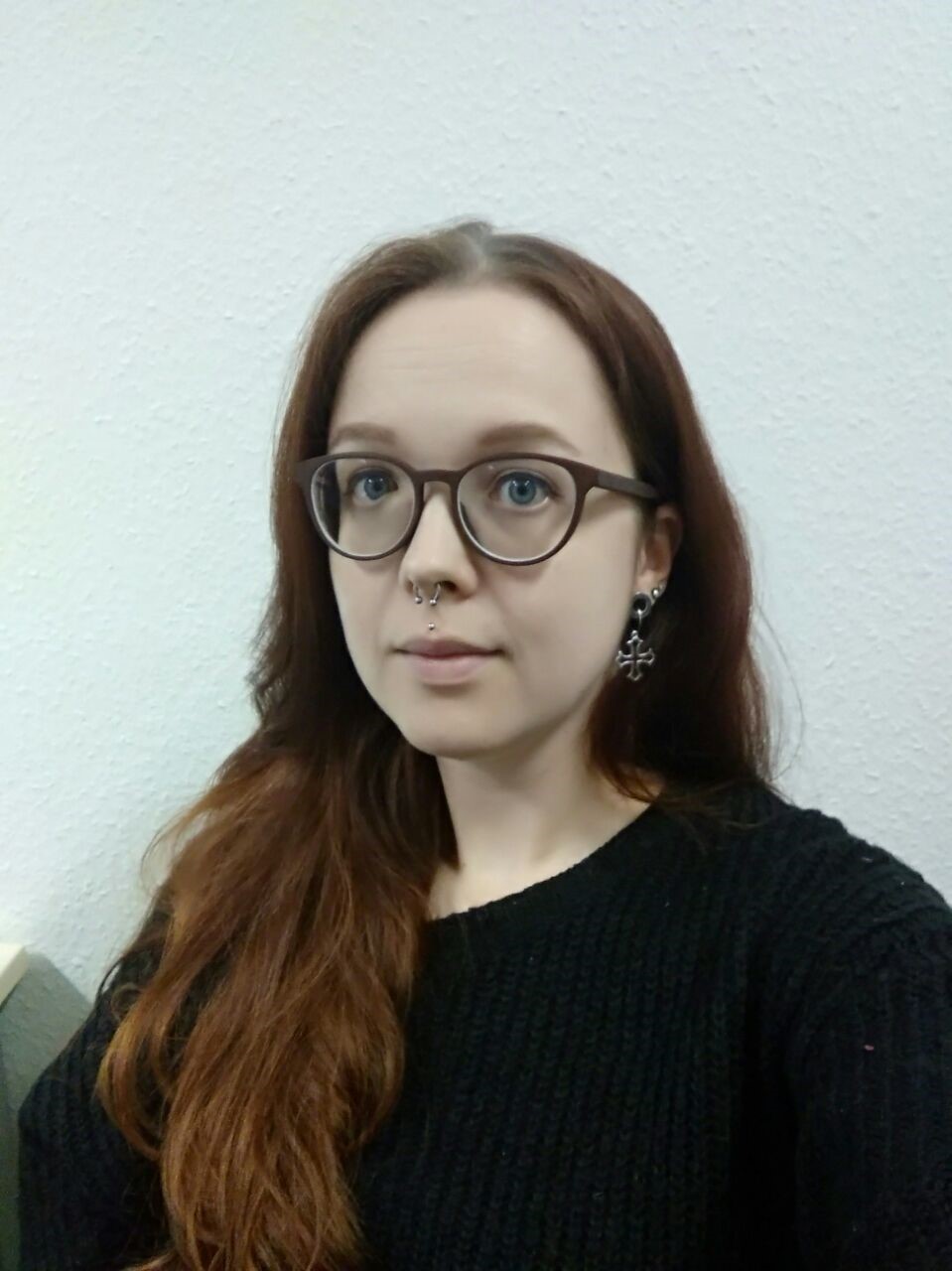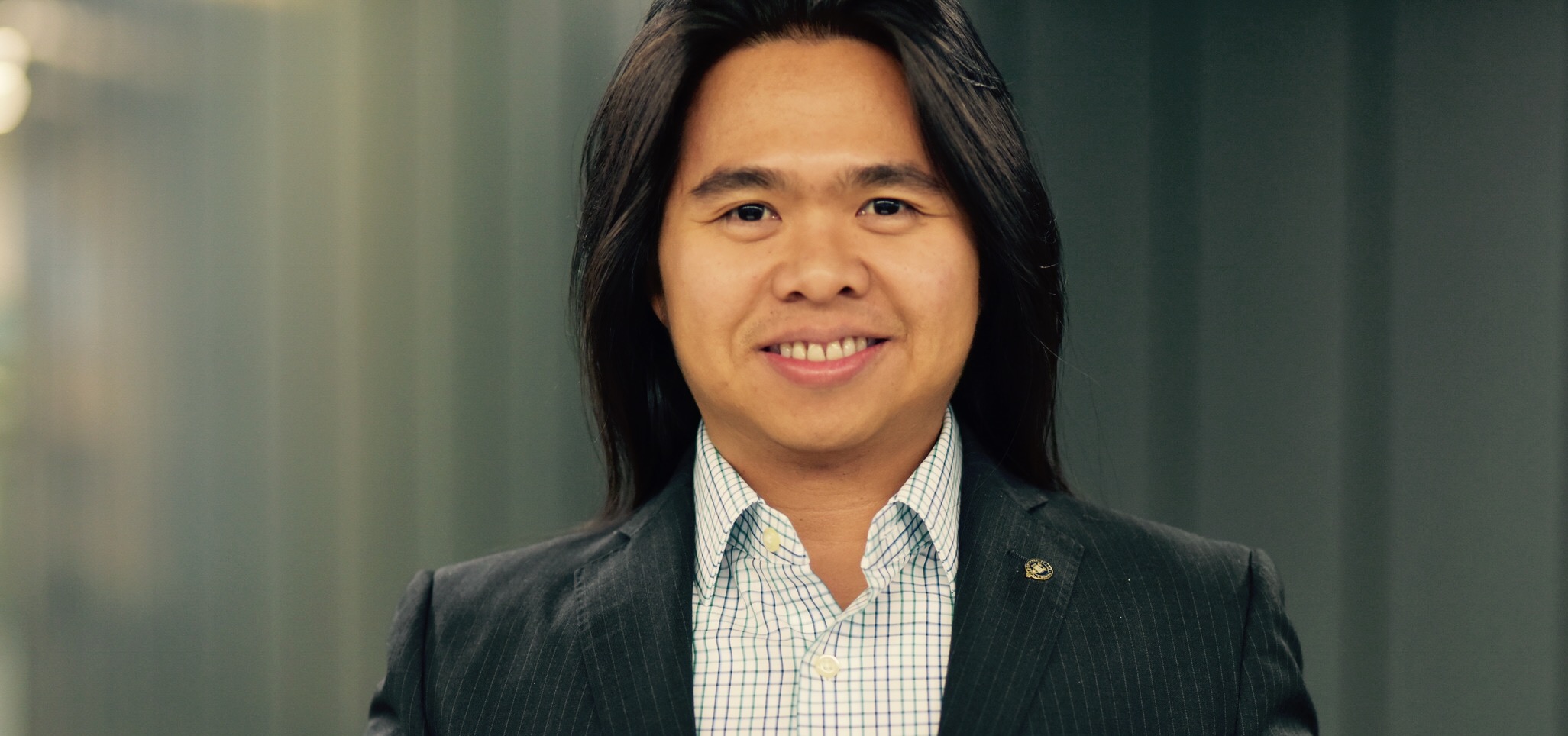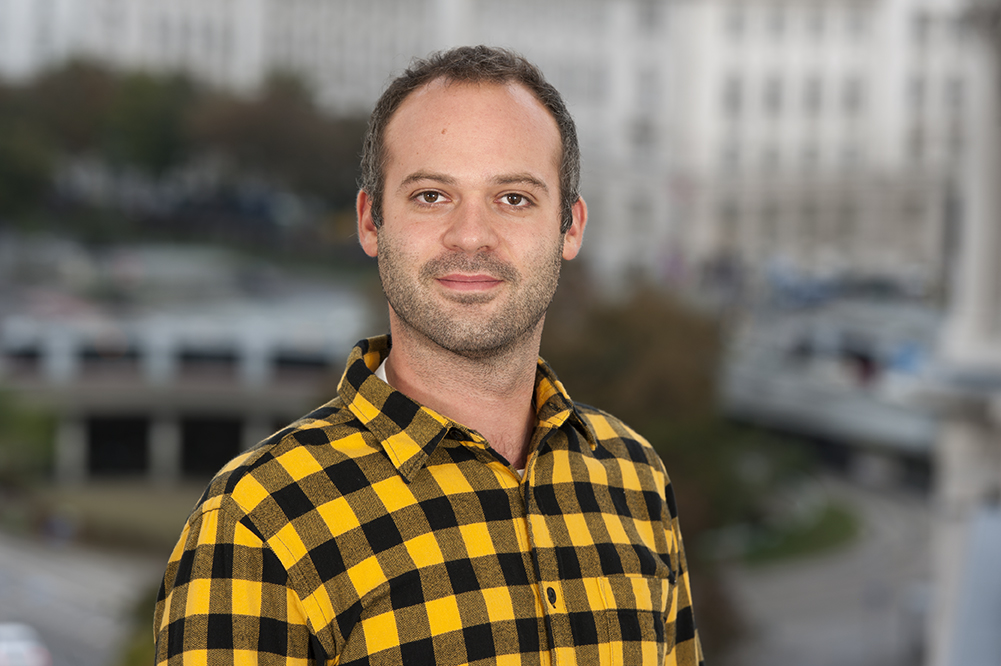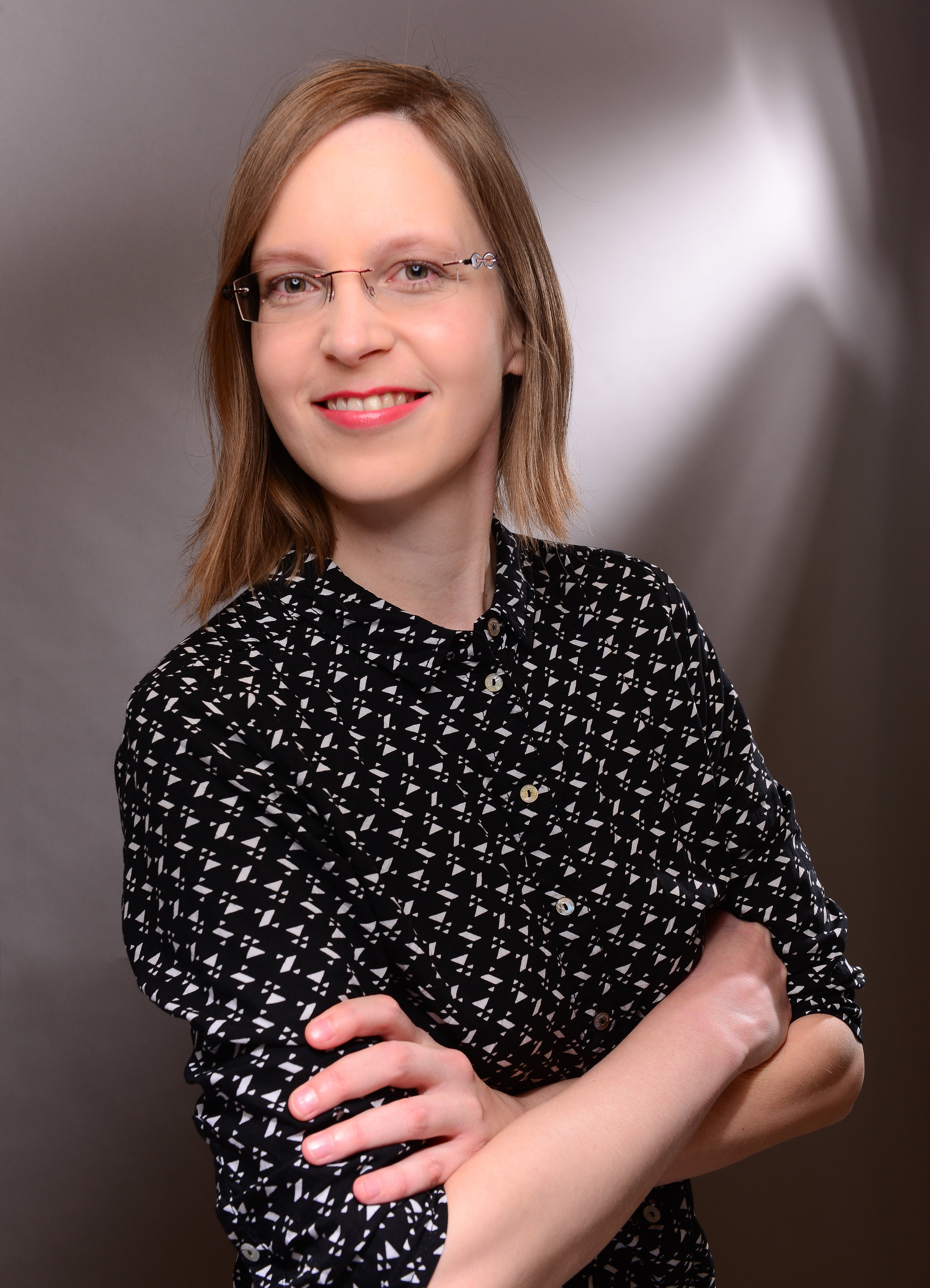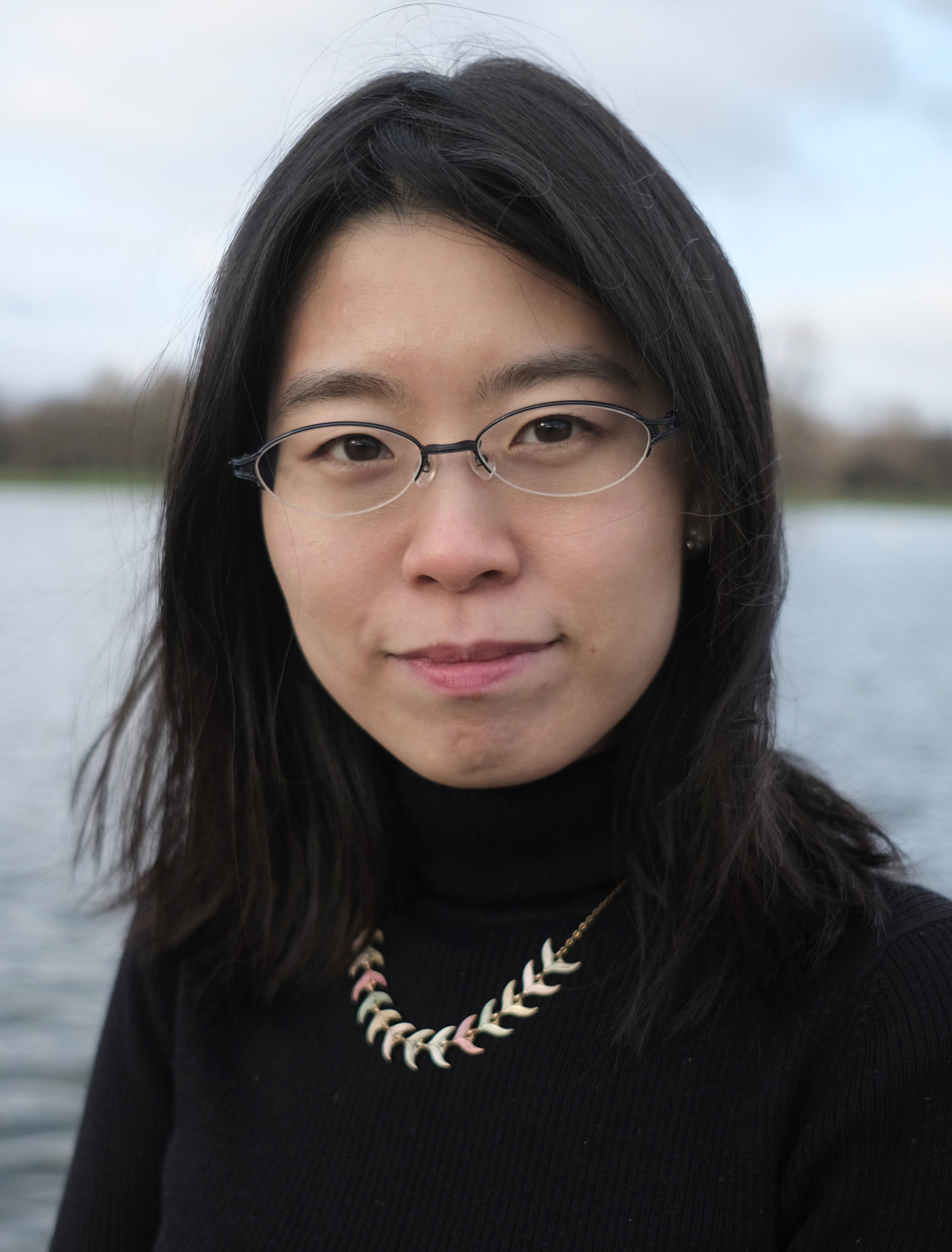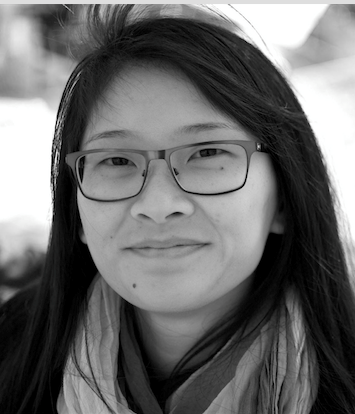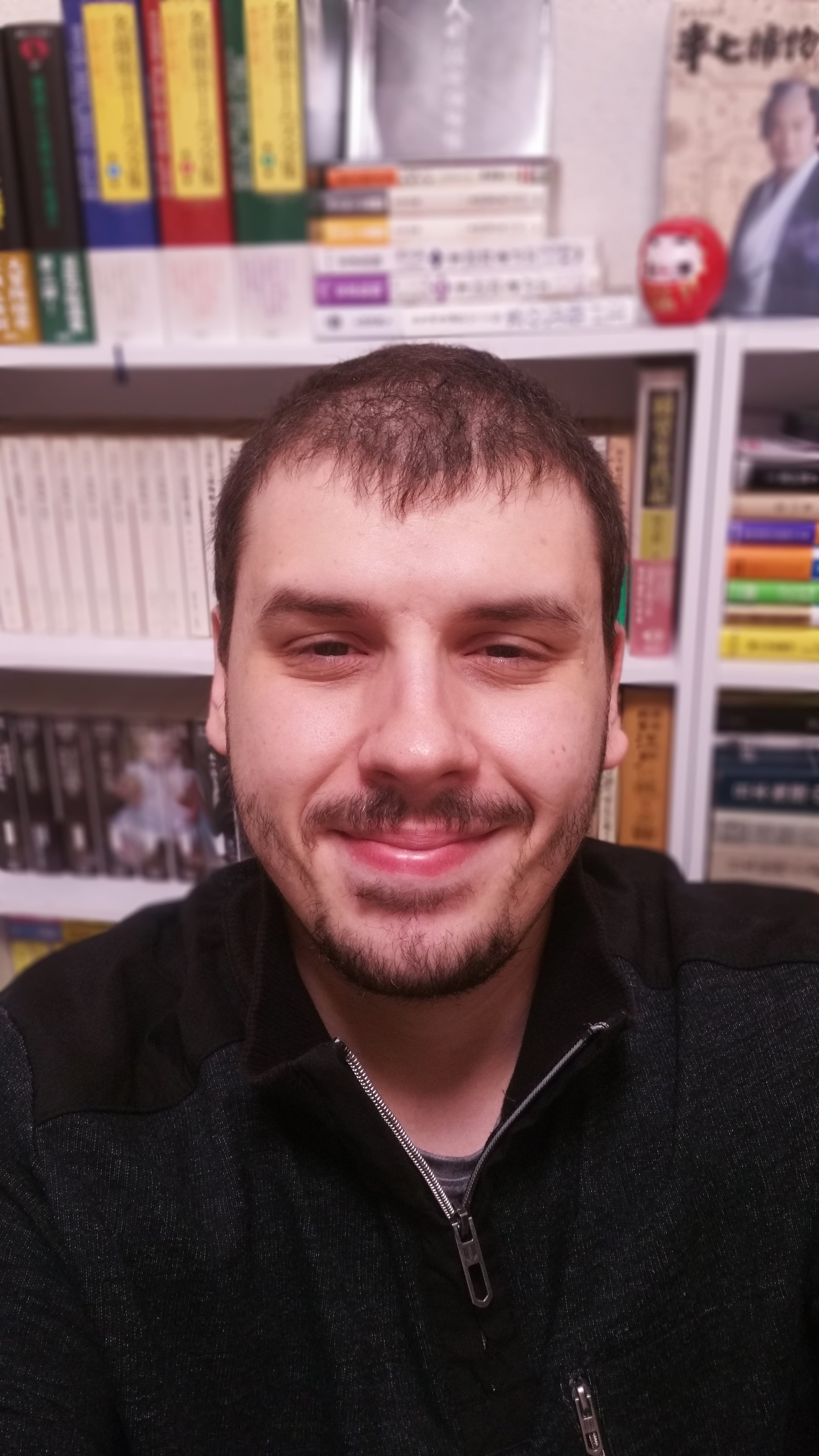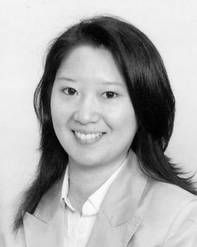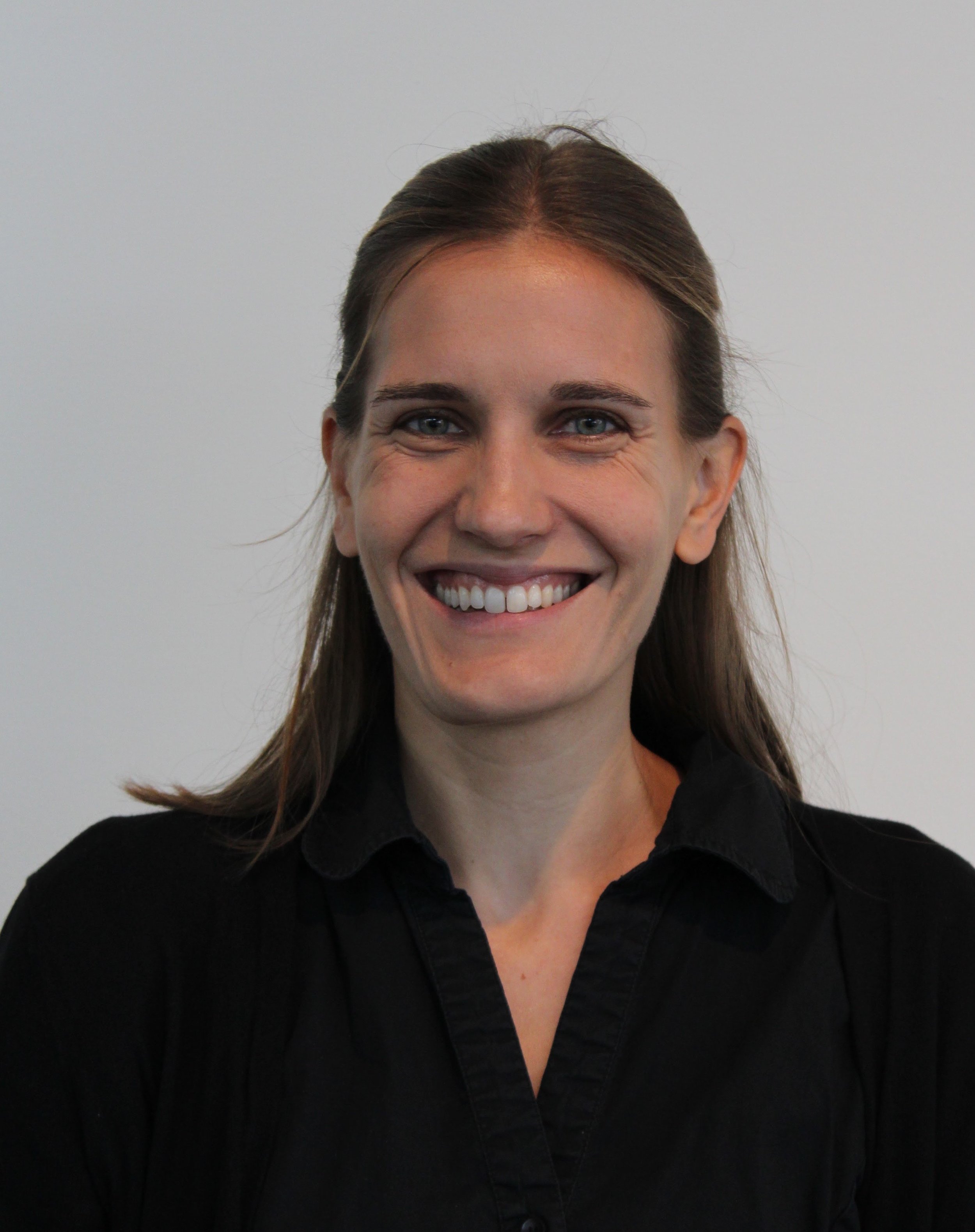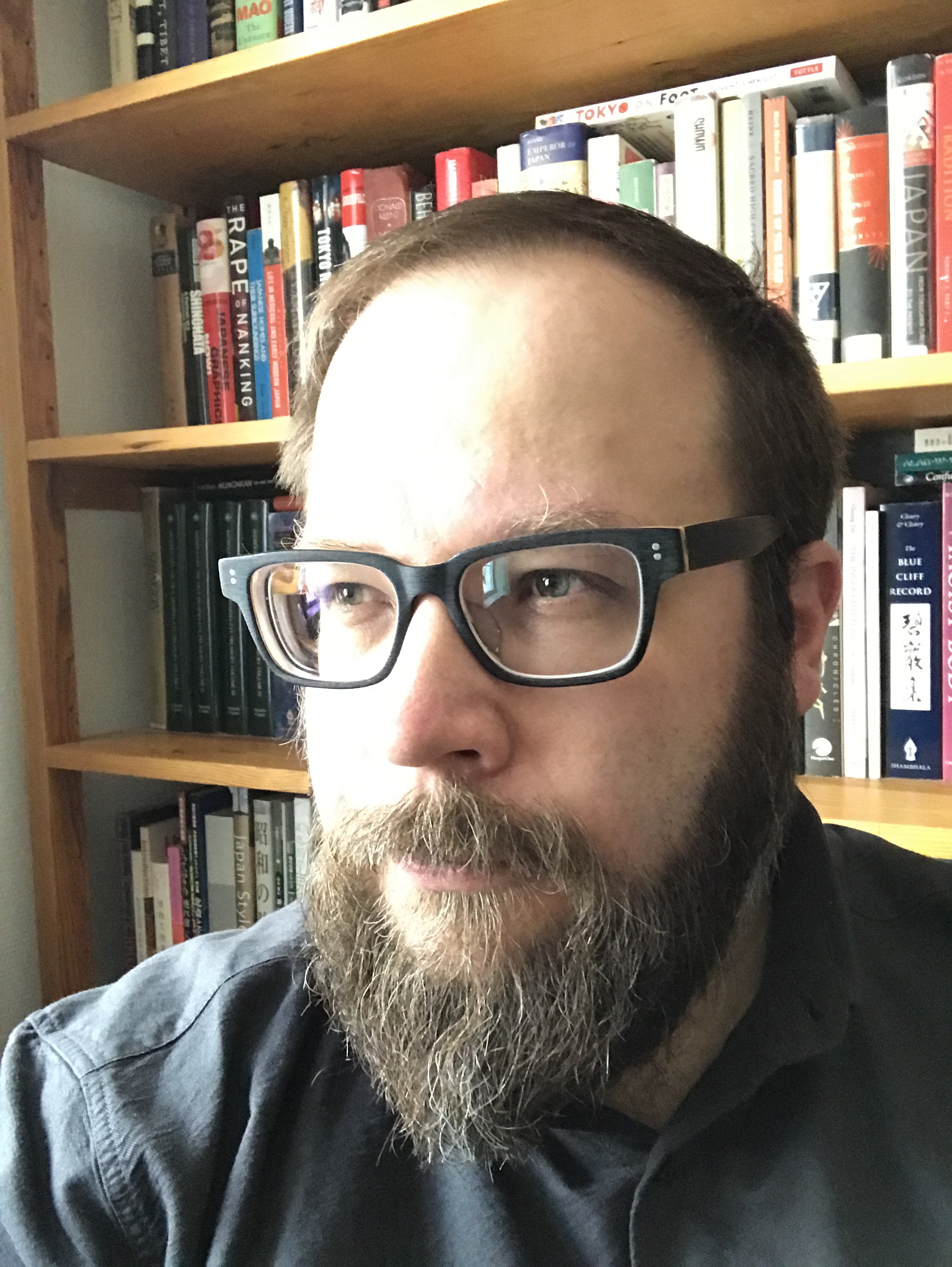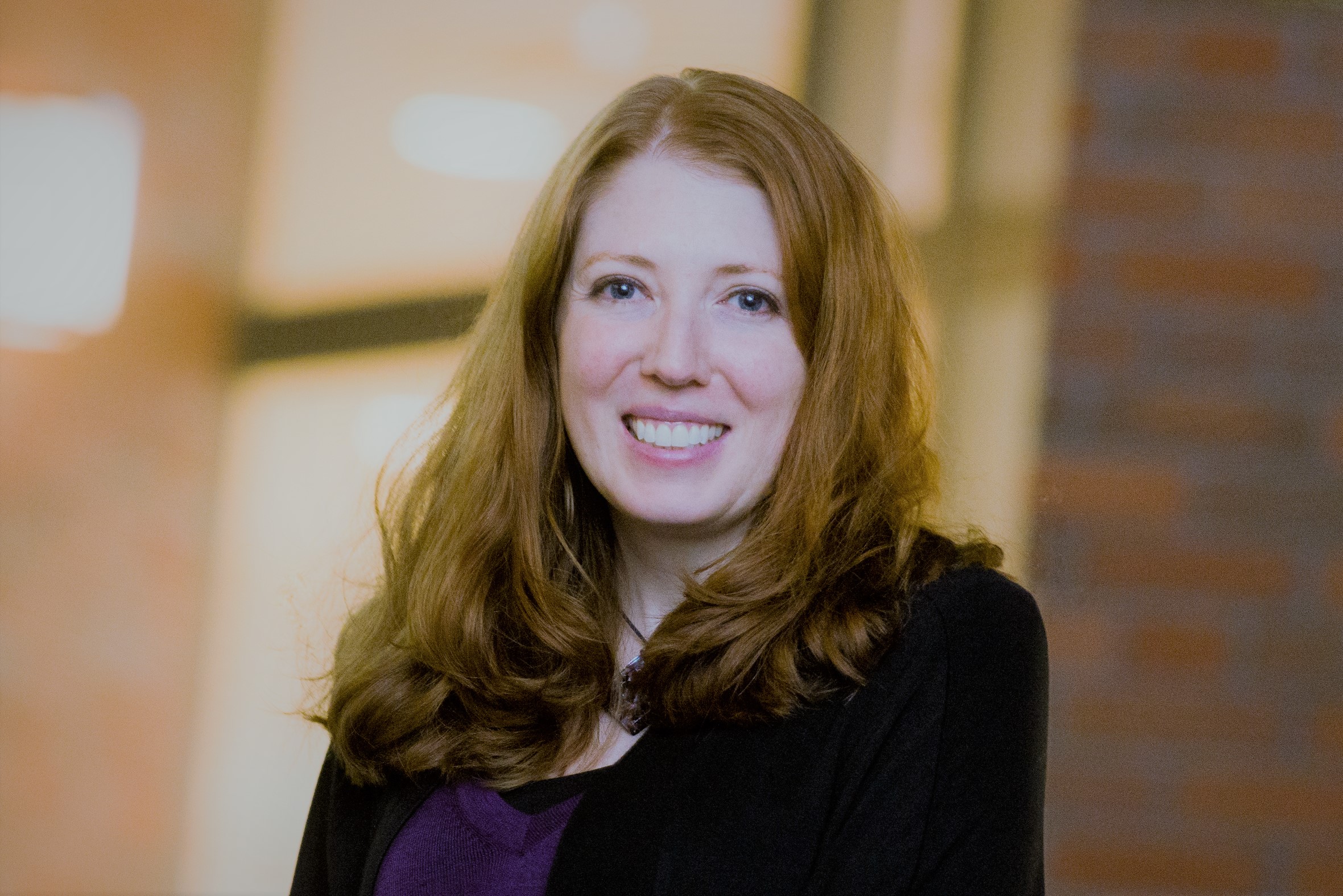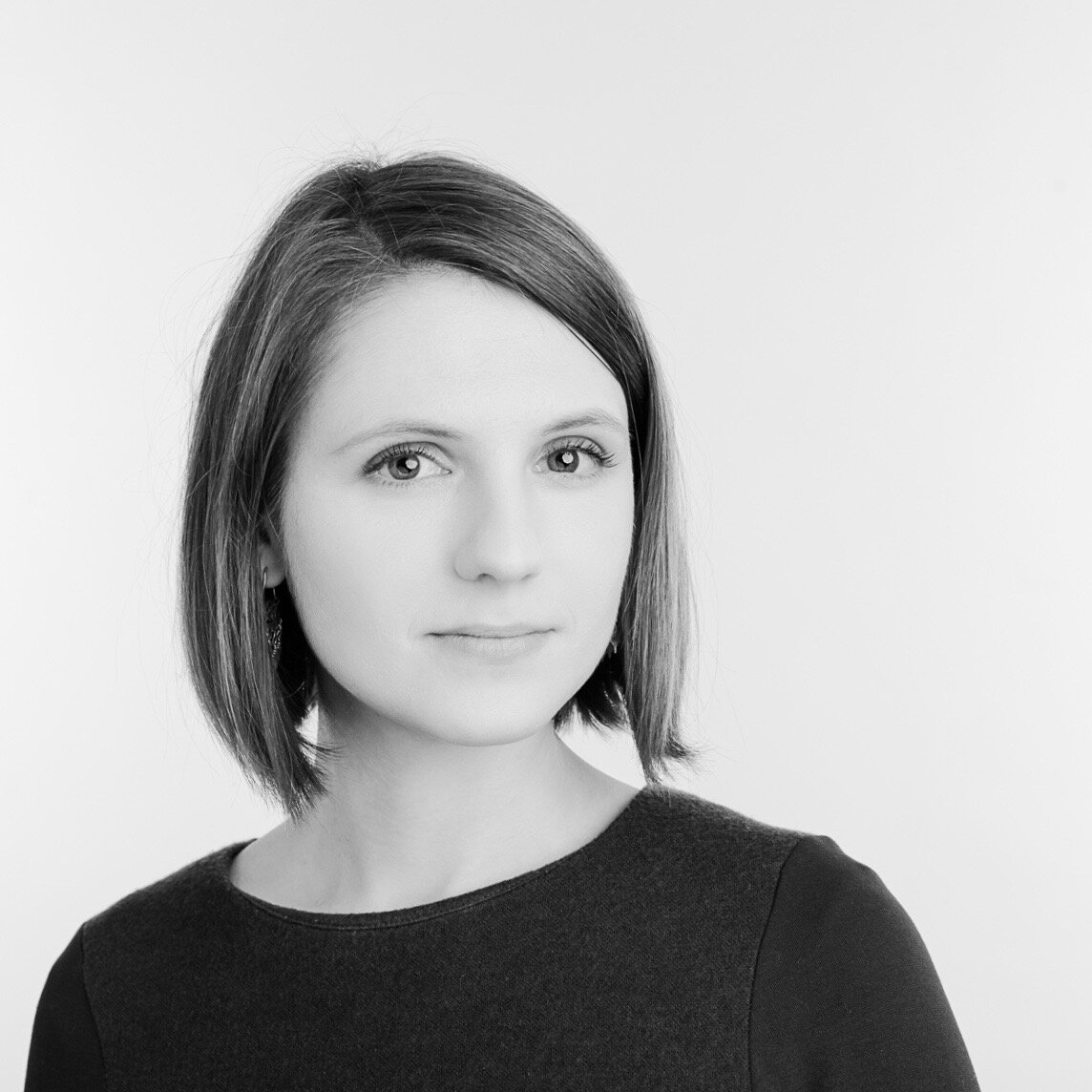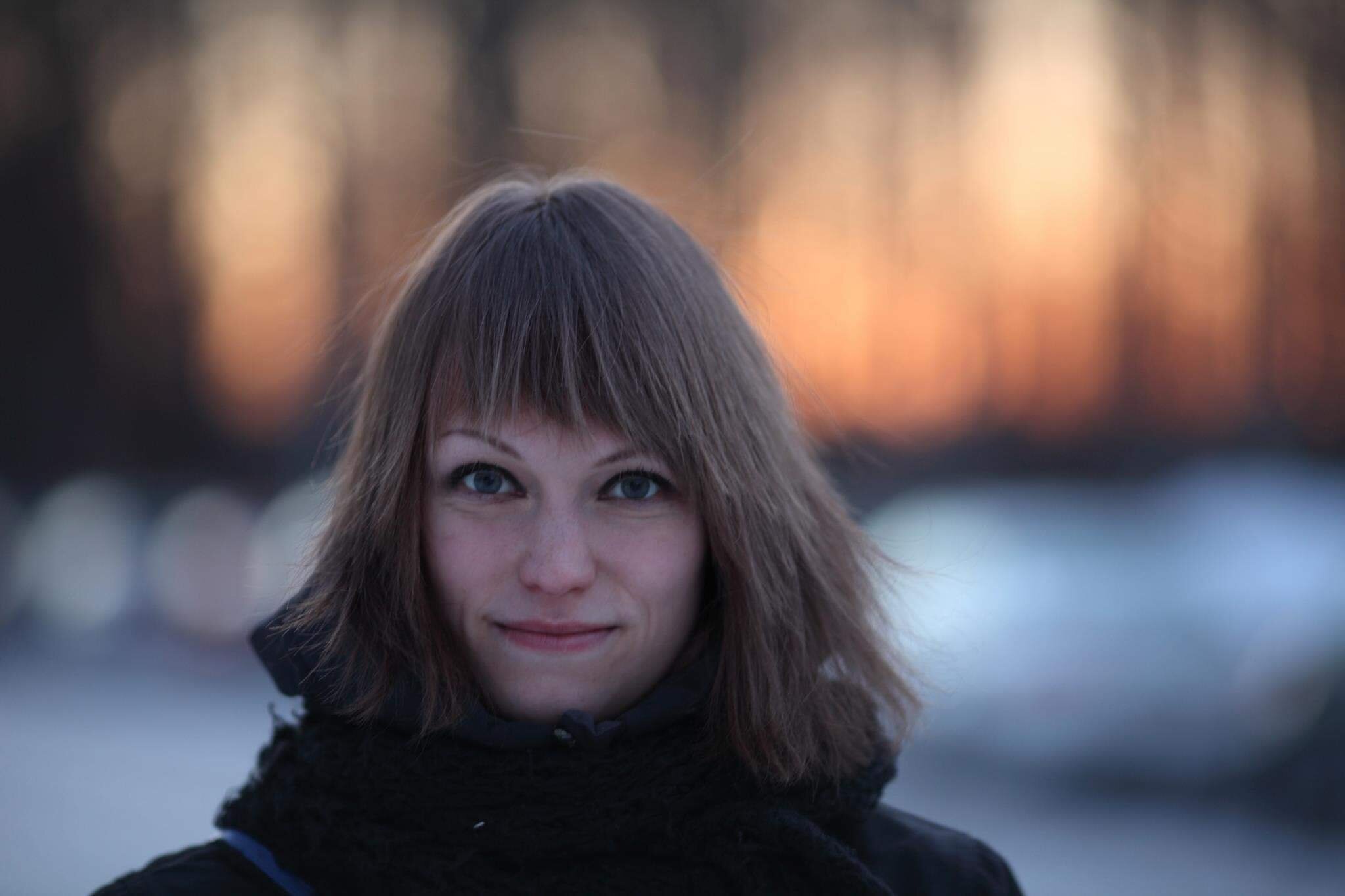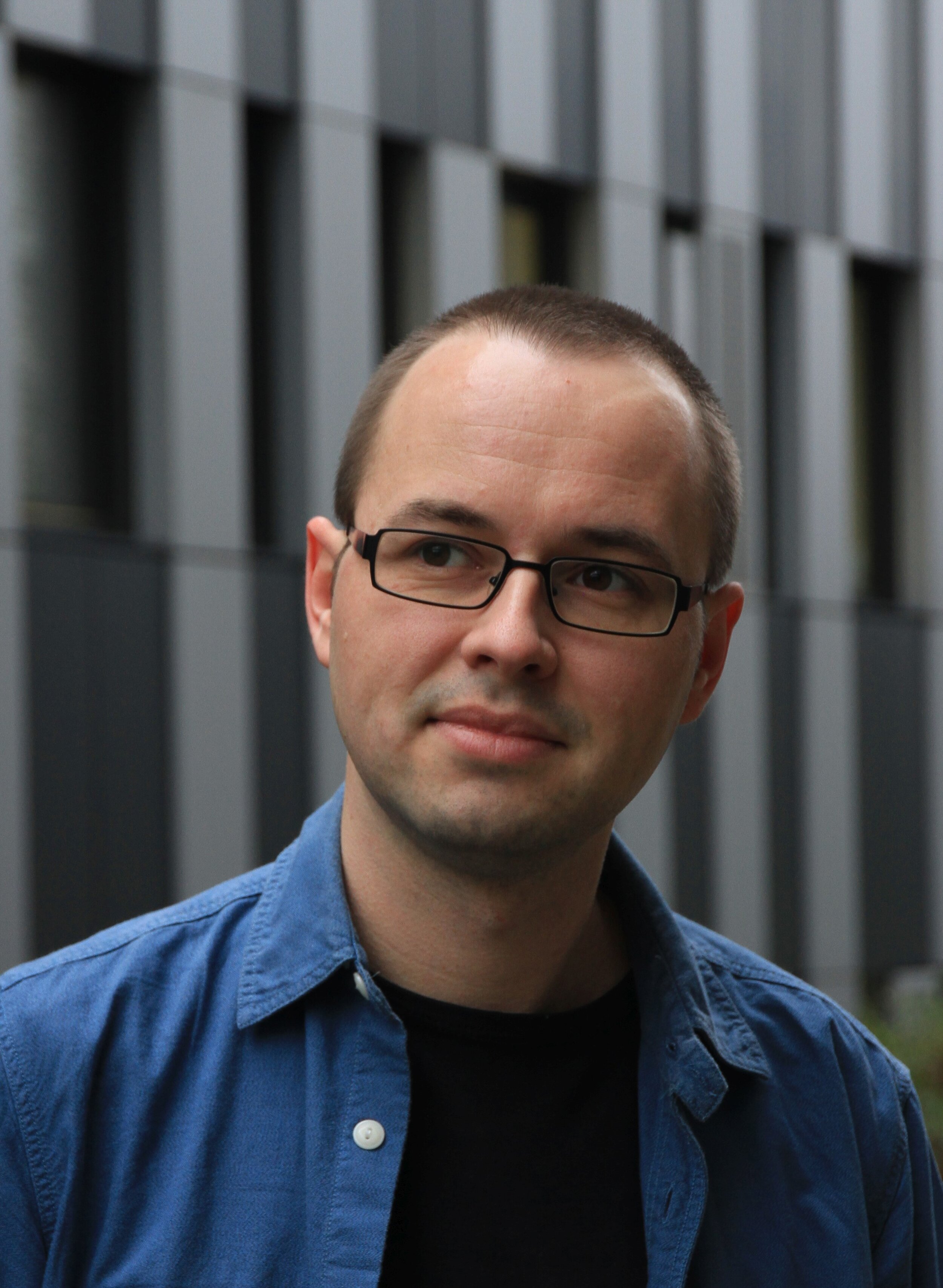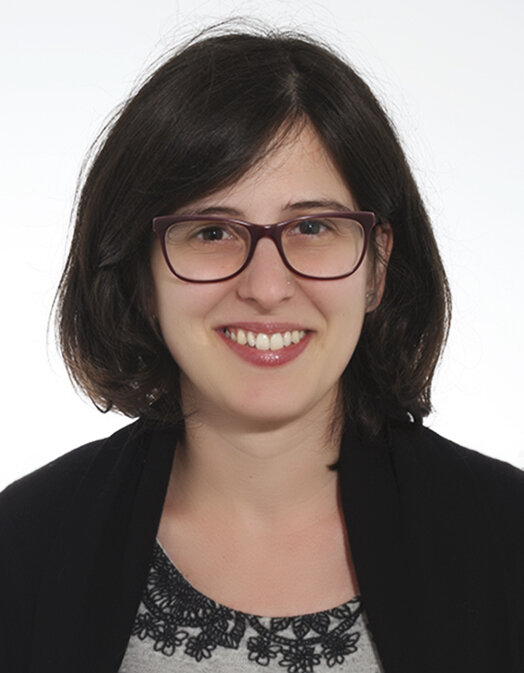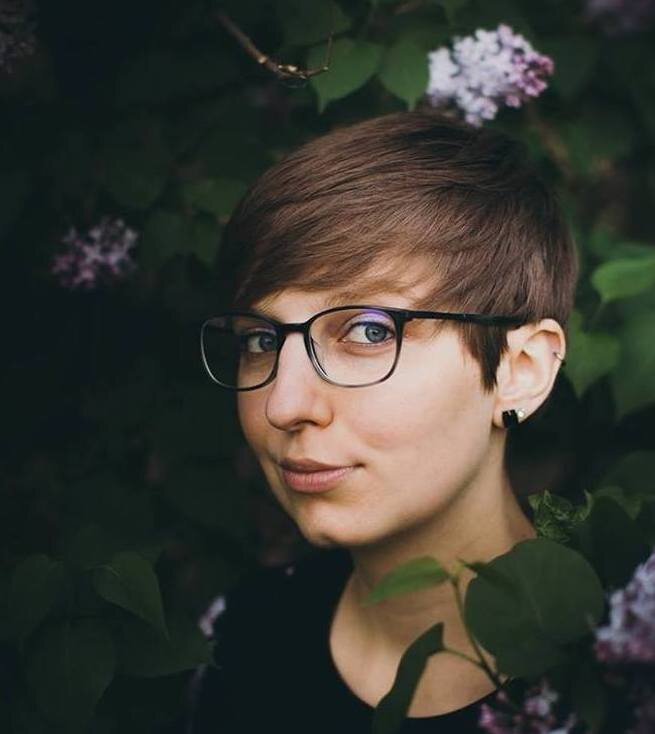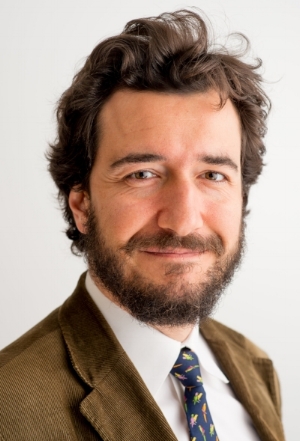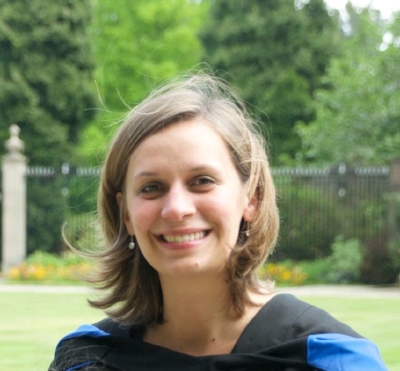Suggested navigation labels and structuring of content. Emphasis on specific content rather than generic terms. Using data from Google Analytics (GA) and best practice for User Experience (UX).
Original brief
In the Website design brief this navigation structure was suggested:
- About
- Networks
- Social Anthropology / EASA book series
- Events
- Executive
- Blog/News Feed.
In addition, it was pointed out that the current site has a restructuring of publications and webinars into the nav label “Outputs“, and that this may be incorporated in the new design.
Proposed navigation
Main menu:
- About 6
- EASA Conference 2
- Networks 5
- Directory of Members 12
- Publications 7
- Events
- Policy and Letters
Tool menu:
- Join 3
- Login
- Search
(GA page ranking)
Principles for navigation menus
While it may be helpful for an organisation or a designer to create navigation labels based on formats (ie Videos) or generic terms (ie Outputs), this is not helpful for users or search engines. In our recommendations we have followed these principles:
1. Navigation labels should be as specific and descriptive as possible. users visiting our websites are usually looking for something specific, such as a conference paper, a report, how to join etc
2. Generic terms are not useful for SEO. No one is searching for “news” or “services,” so these labels don’t help your rankings.
3. The navigation bar is a key place to indicate relevance to search engines.
4. The nav menu should be short, max 6-7 items.
The first 3 principles collide with the last. Keeping it short but at the same time including everything, means we have to be somewhat generic.
Popular pages on the current site
In this suggestions we have used and in-depth analysis of EASA’s Google Analytics account from Sep 2021 to date. This date range was chosen because of changes to GDPR cookie declaration which make it necessary for users to actively opt in to being tracked by Google Analytics.
The purpose of the analytics review was to determine how people use the site and therefore how we can make it easier for them to find what they are looking for on the new site.
Most popular: upcoming or latest EASA Conference
The latest conference, or future conference if upcoming soon, is by far the most popular section on our website. the traffic is driven by direct hits, by Google searches, by email campaigns and by NomadIT conferences.
A majority of users come to the site because they are looking for info on the individual conference.
Other pages
Excluding latest/future conference and EASA Home, these are the most popular pages:
The Mega Menu
Informed by the statistics above, and taking into account the principles for user friendly navigation, we recommend the use of a mega menu, where the users clicks on one of the nav labels to open a submenu which shows the content of the section.
- Adding popular terms EASA conference and Directory of Members (“Directory” is too vague)
- Rejecting generic terms “Executive” “News” “Outputs” (see Discussion on Navigation labels)
- Using the page ranking from Google Analytics to decide the order of items
- Using generic terms for the other labels, but being specific on the second level, when the user clicks to expand (see further down)
Mega menu showing suggested navigation labels
Tool Menu
The Membership page and membership form are frequently visited, so we recommend a join button in the tool menu on every page, along with Log in and Search.
Mega menu expanded for each link
Below follows a suggestion of how each first level navigation menu item can be expanded in the mega menu.
1. About
Original brief stated: static page(s) with information taken from current site
Suggestion: The current menu is tidy but we suggest to favor the current committee and honorary members, last AGM and last election rather than list everything down to elections and AGMs over 10 years ago in the menu. Clicking on the name of a current member will take the user to this member’s profile.
EASA EXECUTIVE COMMITTEE 2023-2024
- Hege Høyer Leivestad (University of Oslo)
- Roger Sansi Roca (University of Barcelona)
- Dominic Bryan (Queen’s University)
- Cecilia Paradiso (Aix-Marseille Université)
- Andreas Streinzer (University St. Gallen)
- Jonas Tinius (Saarland University)
Jolynna Sinanan (University of Manchester) - Giovanna Guslini (Formerly of the Italian Ministry of Education, University and Research)
- Peter Schweitzer (University of Vienna)
- EASA EXECS from 1997-2021
Honorary Members
- About Honorary Membership
- Present Honorary Members
- Johannes Fabian
- Jean-Claude Galey
- Ulf Hannerz
- Kirsten Hastrup
- Shahram Khosravi
- Adam Kuper
- João de Pina-Cabral
- Verena Stolcke
- Marilyn Strathern
- Late Honorary Members
EASA AGM
- 2022 AGM
1. Welcome
2. Minutes of previous AGM held in Lisboa (online)
3. Annual Reports and Accounts: President, Secretary, Treasurer, Journal, Book editor, Networks, Media, communication and membership, Precanthro
Lobbying, Emerging issues, Ethics & Integrity Committee,
4. Any other business/ requests by members
5. Announcements: EASA2024
- Previous AGMs
Goals and Activities
Founding members
History
Constitution
Elections
2. EASA conference
Latest conference: EASA2022
- Home
- Programme
- Theme
- Film
- etc
Future Conference EASA2024
Previous EASA conferences
New anthropological horizons in and beyond Europe Lisbon, Virtual
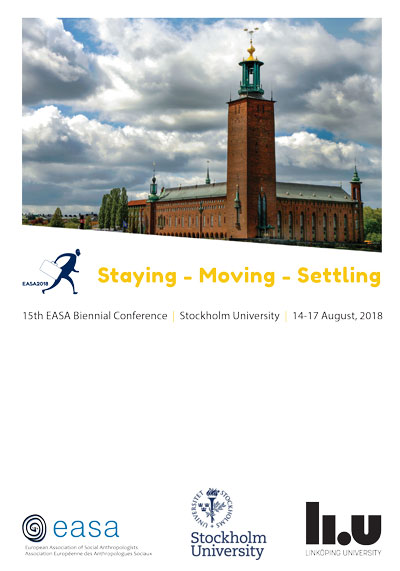 EASA2018 15th EASA Biennial Conference
EASA2018 15th EASA Biennial Conference
Staying, Moving, Settling Stockholm, Sweden
 EASA2016 14th EASA Biennial Conference Anthropological legacies and human futures Milan, Italy
EASA2016 14th EASA Biennial Conference Anthropological legacies and human futures Milan, Italy
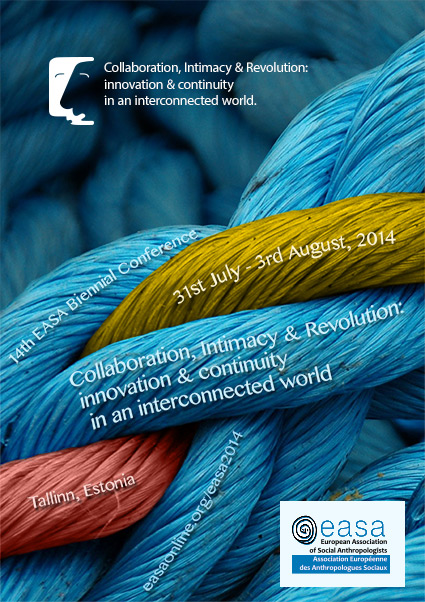 EASA2014 13th EASA Biennial Conference Collaboration, Intimacy & Revolution – innovation and continuity in an interconnected world Tallinn, Estonia
EASA2014 13th EASA Biennial Conference Collaboration, Intimacy & Revolution – innovation and continuity in an interconnected world Tallinn, Estonia
EASA2012 12th EASA Biennial Conference
Uncertainty and disquiet Nanterre, France
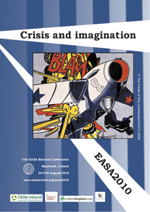 EASA2010 11th EASA Biennial Conference
EASA2010 11th EASA Biennial Conference
Crisis and imagination
Maynooth, Ireland

EASA2008, 10th EASA Conference
Experiencisng Diversity and Mutuality
Ljubljana, Slovenia

EASA2006, 9th EASA Conference
Europe and the World
Bristol, UK
EASA2004, 8th EASA Conference
Face-to-Face: Connecting Distance and Proximity
Vienna, Austria
EASA2002, 7th EASA Conference
Engaging the World: Theoretical, Methodological and Political Challenges for a 21st Century Anthropology
Copenhagen, Denmark

EASA2000, 6th EASA Conference
Crossing Categorical Boundaries: Religion as Politics | Politics as Religion
Krakow, Poland

EASA1998, 5th EASA Conference
The Politics of Anthropology: Conditions for Thought and Practice
Frankfurt, Germany

EASA1996, 4th EASA Conference
Culture and Economy: Conflicting Interests, Divided Loyalties
Barcelona, Spain

EASA1994, 3rd EASA Conference
Perspectives on Moralities, Knowledge and Power
Oslo, Norway

EASA1992, 2nd EASA Conference
Social Anthropology in a Changing World
Prague, Czech Republic

EASA1990, 1st EASA Conference
Anthropology and Europe
Coimbra , Portugal
3. Networks
Africanist
Age and Generations Network (AGENET)
Anthropology and the Arts (AntArt)
Anthropology and Mobility (AnthroMob)
Anthropology and Social Movements
Anthropology of Children and Youth
Anthropology of Crime and Criminalisation (AnthroCrime)
Anthropology of Confinement
Anthropology of Economy (AOE)
Anthropology of Fascisms (ANTHROFA)
Anthropology of Food
Anthropology of Gender and Sexuality (NAGS)
Anthropology of History (NAoH)
Anthropology of Humanitarianism (AHN)
Anthropology of Labour
Anthropology of Law, Rights and Governance (LawNet)
Anthropology of Mining
Anthropology of Race and Ethnicity (ARE)
Anthropology of Tax (TAX)
Anthropology of Religion
Anthropology of Security (ASN)
Anthropologies of the State (Anthrostate)
Anthropology of the Middle East and Central Eurasia (AMCE)
Applied Anthropology
Collaboratory for Ethnographic Experimentation #Colleex
Contemporary ‘Spiritual’ Practices (CSP)
Disaster and Crisis Anthropology Network (Dican)
Energy Anthropology Network (EAN)
Environment and anthropology network (Enviroant)
Europeanist (EuroNet)
European Network for Queer Anthropology (ENQA)
European Network for Psychological Anthropology (ENPA)
Future Anthropologies Network (FAN)
History of Anthropology Network (HOAN)
Humans and Other Living Beings (HOLB)
Linguistic Anthropology (ELAN)
Media Anthropology
Medical Anthropology (MAE)
Medical Anthropology Young Scholars (MAYS)
Mediterraneanist (MedNet)
Multimodal Ethnography Network (MULTIMODAL)
Muslim Worlds Network (MWN)
Network for Contemporary Anthropological Theory (NCAT)
Peace and conflict studies in anthropology (PACSA)
Pilgrimage Studies Network (PILNET)
Sacral Healing and Communication
Teaching Anthropology (TAN)
Urban Anthropology (UrbAn)
Visual Anthropology (VANEASA)
Join a network
Networks funding
Create a new network
Network rules
Networks liaison
4. Directory of Members
Contains: link to to Directory
5. Publications
Mega menu showing suggested navigation labels for Publications, option A
EASA Book series
- About the series
- Latest titles
- Editors
- Discount
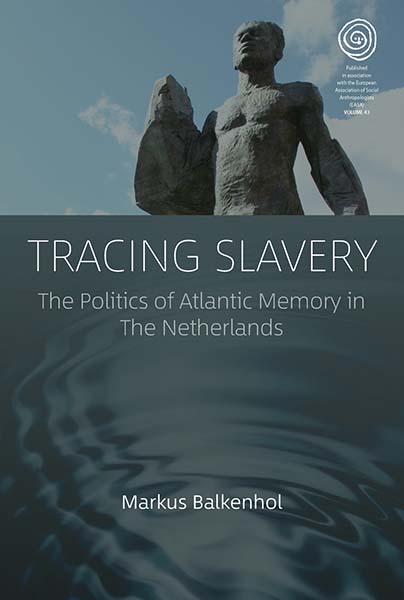
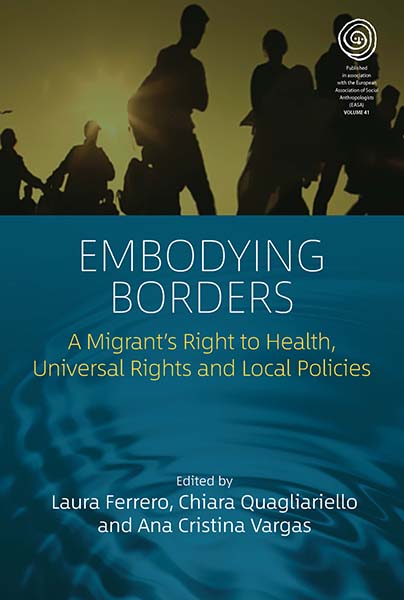
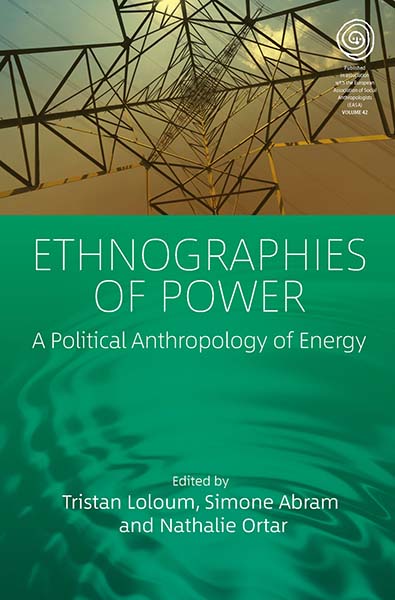
Newsletter
- No 82 November 2022
- No 81 July 2022
- No 80 Winter 2022
- No 70 October 2022
- No XX Month YYYY
- No XX Month YYYY
- No XX Month YYYY
- No XX Month YYYY
Social Anthropology / Anthropologie Sociale
- Online First
- Volume: 30 (2022)
- Volume: 29 (2021)
- Volume: 28 (2020)
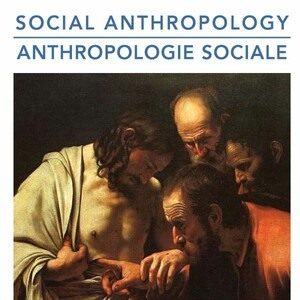
Reports
The anthropological career in Europe: a summary of findings and recommendations
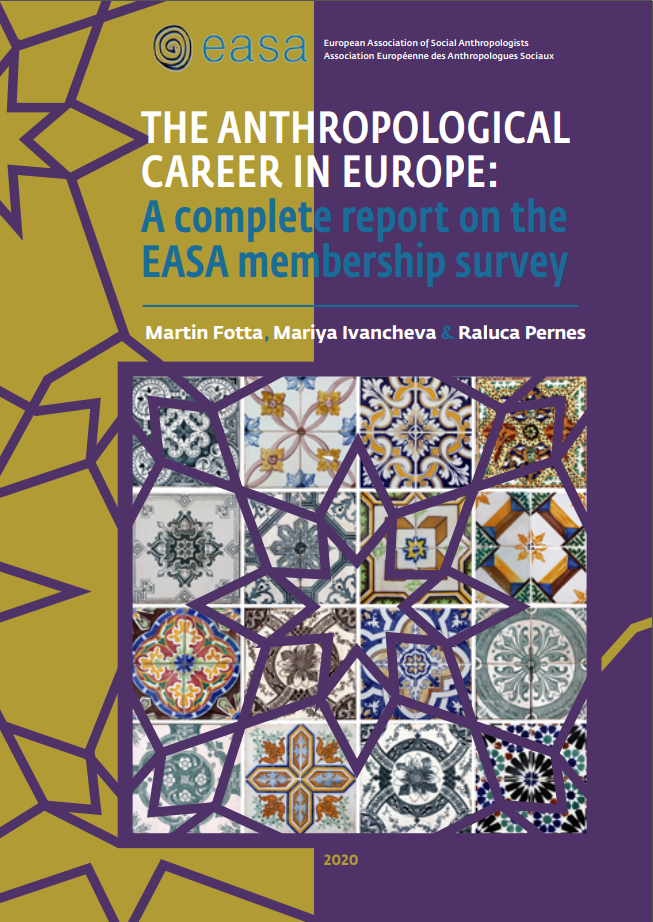
Mega menu showing suggested navigation labels for Publications, option B (more specific and content oriented)
EASA Book series
- About the series
- Latest titles:
Balkenhol, Markus 2021. Tracing Slavery: The Politics of Atlantic Memory in The Netherlands.
Loloum, Tristan; Abram, Simone and Ortar, Nathalie (ed.) 2021. Ethnographies of Power: A Political Anthropology of Energy.
EASA Newsletter
- All EASA Newsletters
- No 82 November 2022:
President’s Letter
Overview of the first hybrid EASA conference in Belfast, July 2022
Ethnology and Anthropology Returns
EASA Mantas Kvedaravicius film award and 2022 film prize
EASA elections- call for candidates
- No XX Month YYYY:
- No XX Month YYYY:
- No XX Month YYYY:
Social Anthropology / Anthropologie Sociale
- About the Journal
- Latest issues:
Reports by EASA
The anthropological career in Europe: a summary of findings and recommendations

6. Events
This section of the megamenu could feature either a division into categories (Meetings, Network Events, Webinars, Other) or as seen below, the events calendar and then links to Events categories.
Upcoming Events
Events by Category
Webinars
Executive meetings
Network Events
Etc
7. Policy and Letters
Latest statements and letters from EASA Executive Committee
Jan 2023: EASA letter supporting Brazilian scholarly societies demand for accountability from the attackers of Brazilian democracy and their backers. Read more
Nov 2022: EASA letter supporting repatriation of human remains in Trinity College Dublin collection to Inishbofin, County Galway. Read more
All letters of support
Policy Papers
Why anthropology matters
- English
 HTML
HTML - French

- German

- Hungarian

- Spanish

- Czech

- Polish

- Norwegian

Guidelines
Collaborative research and authorship in anthropology:
EASA good practice guidelines


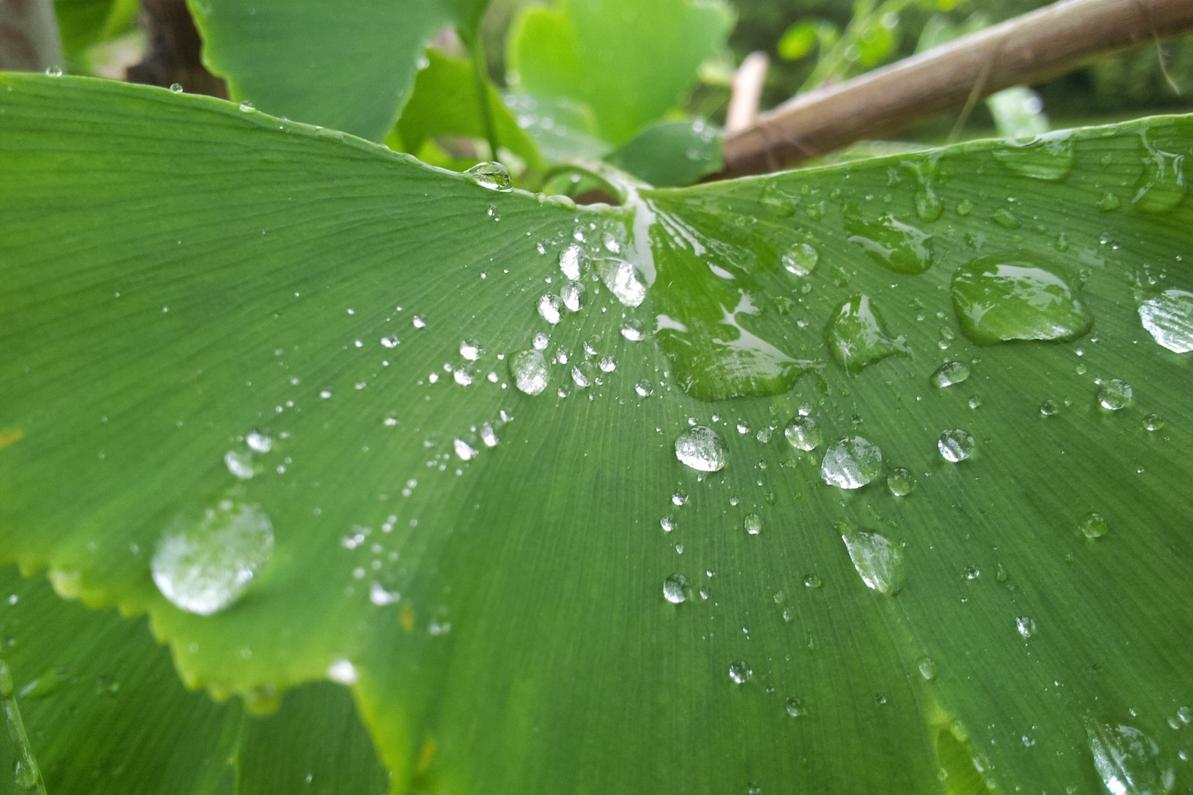



 The handover meeting for the new Executive Committee will take place 6-8 February 2023 in Barcelona. (
The handover meeting for the new Executive Committee will take place 6-8 February 2023 in Barcelona. (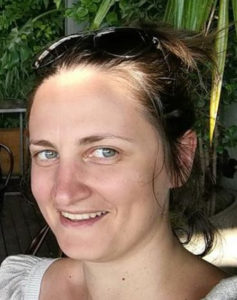 It is that time of the second year of our mandate when it becomes difficult not only to rush ahead to finish off initiated projects. (
It is that time of the second year of our mandate when it becomes difficult not only to rush ahead to finish off initiated projects. ( EASA supports Brazilian scholarly societies demand for accountability from the attackers of Brazilian democracy and their backers. (
EASA supports Brazilian scholarly societies demand for accountability from the attackers of Brazilian democracy and their backers. (
